North America
Snow-capped mountains and relaxing beaches, wide-open countryside and bustling cities — the diversity of North America ensures a perfect vacation for everyone.
Iconic Asheville
Tucked between the Blue Ridge and the Great Smoky Mountains, Asheville, North Carolina, is known for its award-winning restaurants, thriving artisan community, and breathtaking natural beauty. If you’re planning an East Coast vacation, check out these attractions and scenic spots…
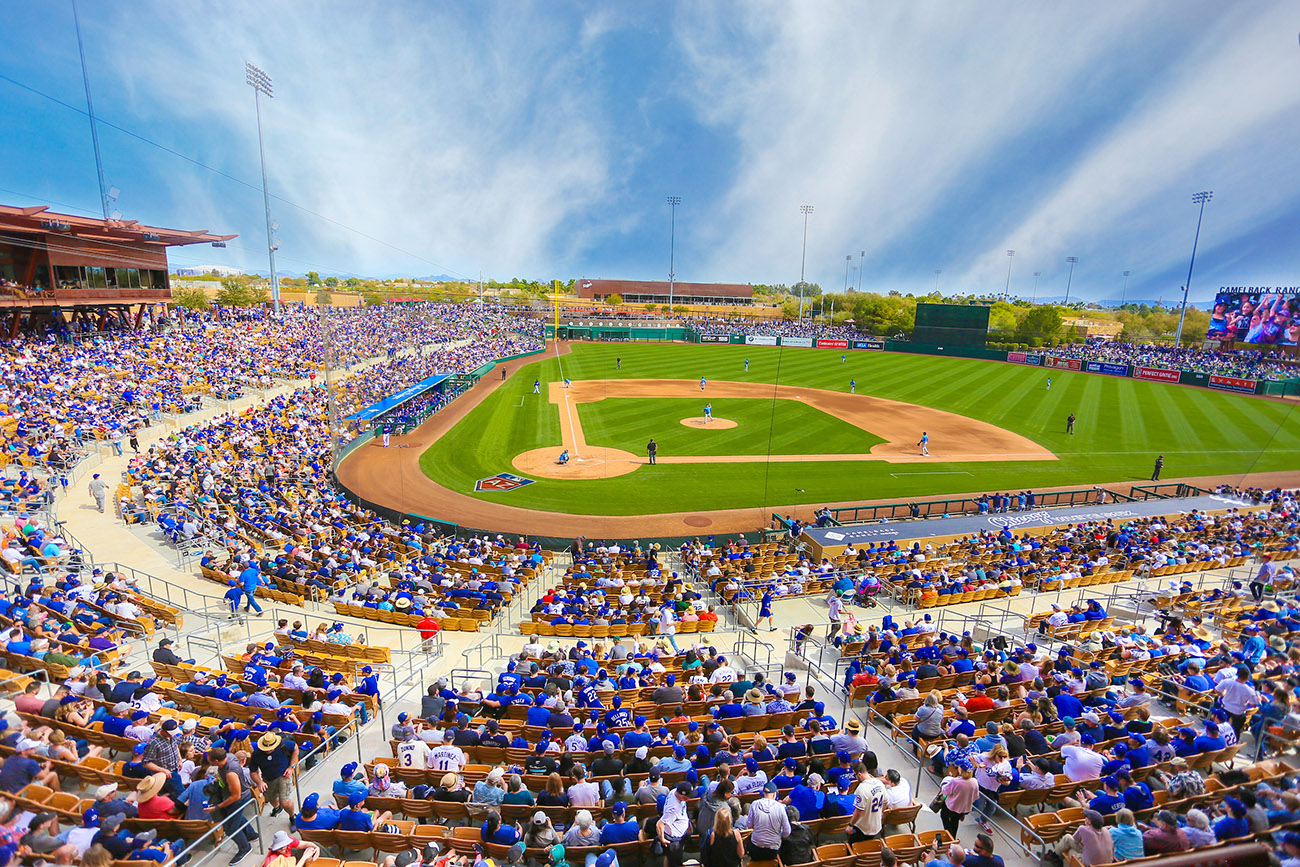
The Top 8 Annual Events in Phoenix
With more than 300 days of sun, over 200 golf courses, and some of the best spas in the country, Phoenix is known for fun, sun, and relaxation. But as the fifth-largest city in the country, Phoenix is also home…
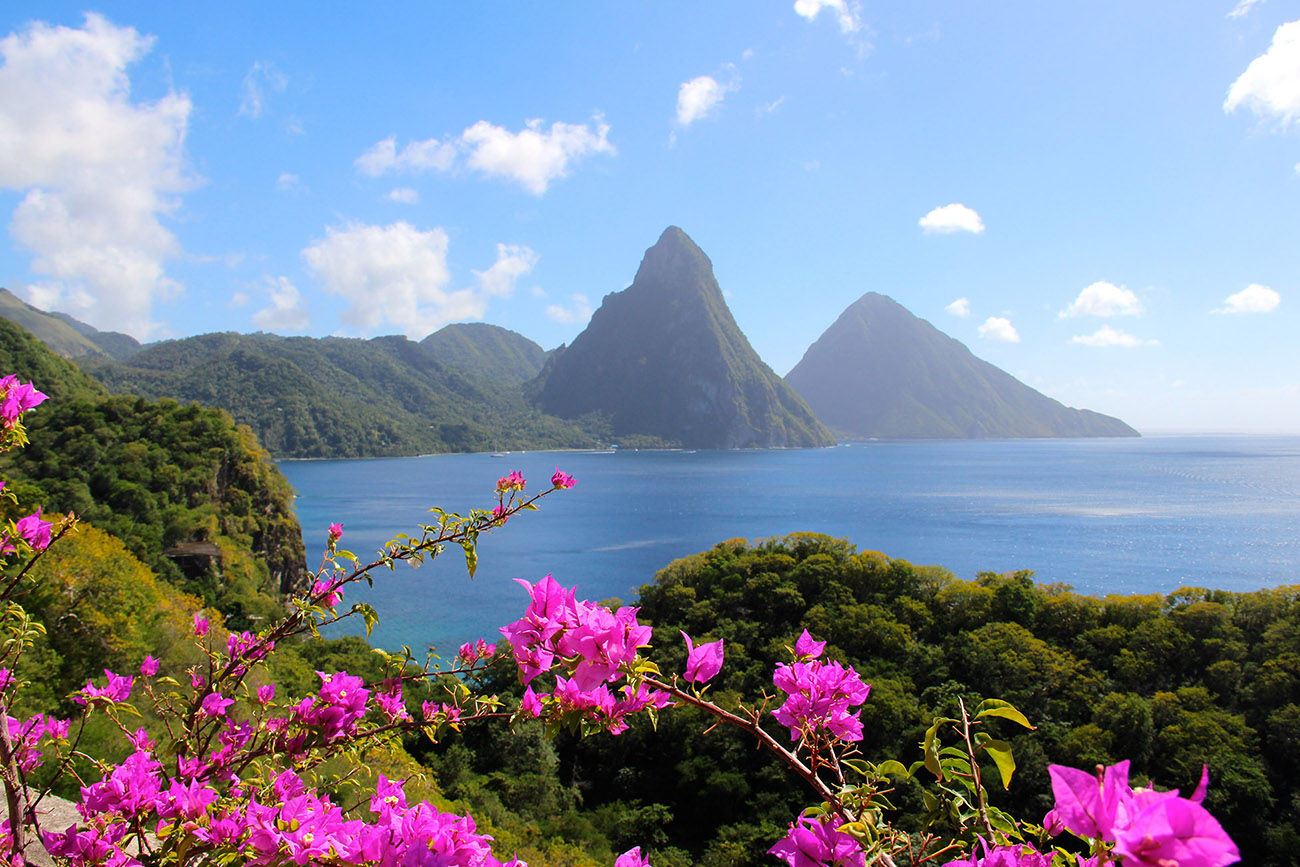
Cruising with Club Points Pointers
There’s no vacation quite like a cruise. From the practically all-you-can-eat food and all-you-can-do activities to the exotic locations and ocean views, a cruise isn’t just a vacation — it’s an experience. To find your next cruise adventure, head online…
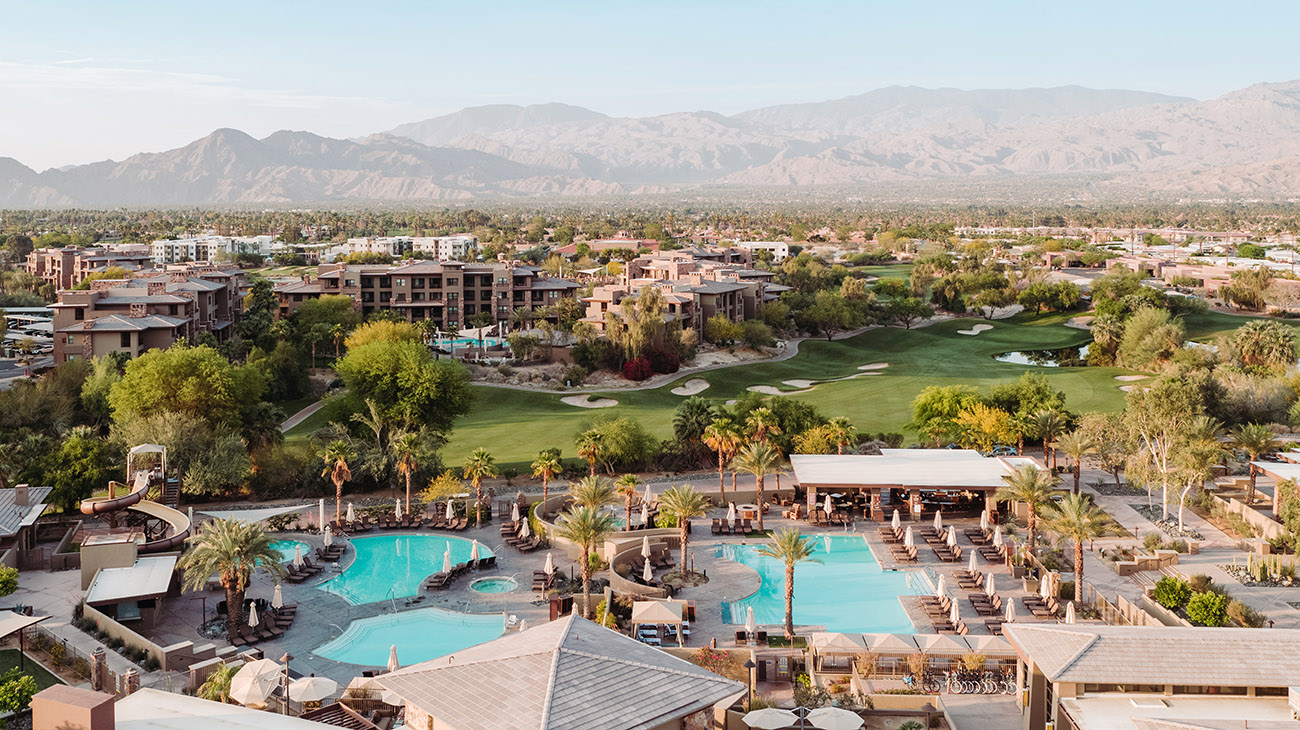
Shop, Dine in Downtown Palm Desert
Often called the Rodeo Drive of the Desert, Palm Desert’s El Paseo is a mile-long destination in the heart of the Coachella Valley with manicured flower beds, palm trees, and public art. It’s a place where window shopping is as…
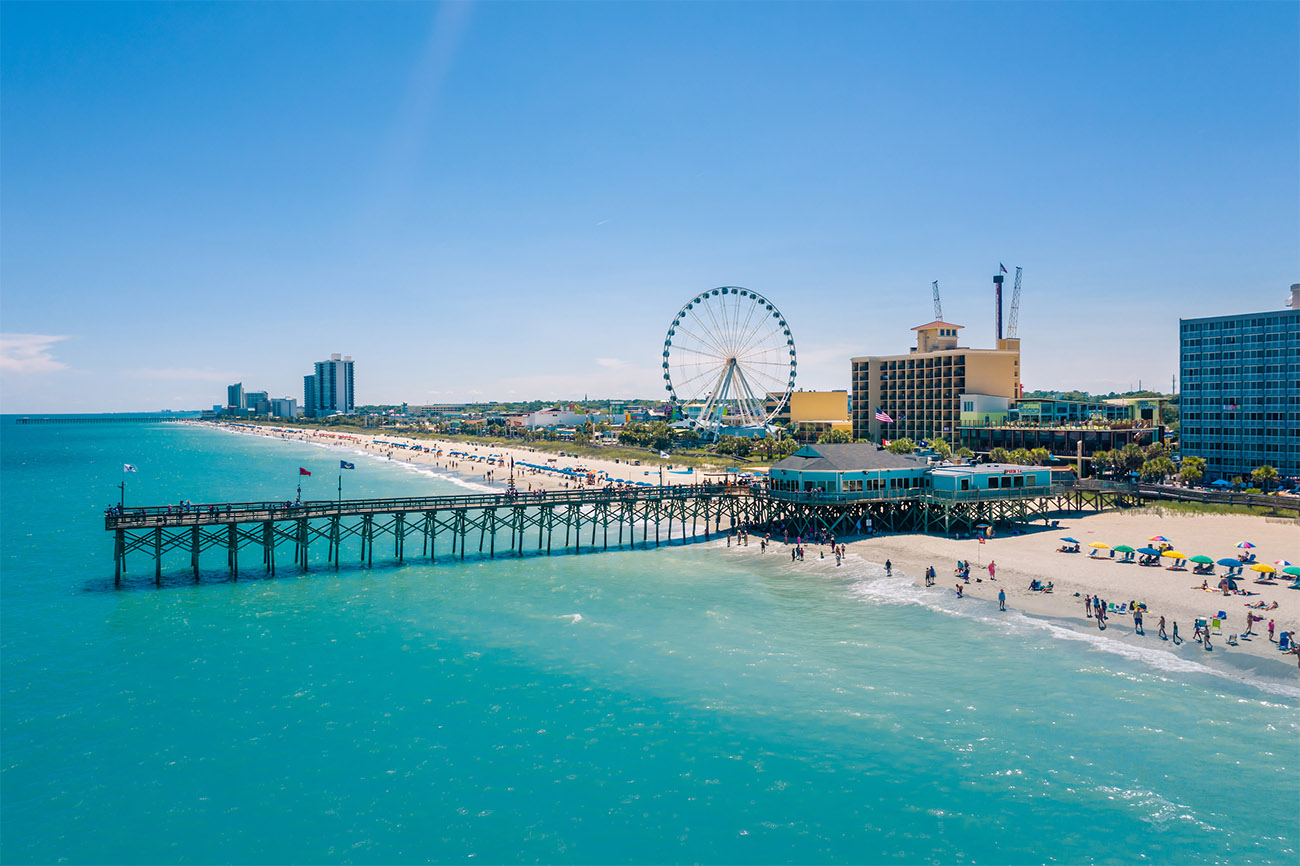
Delightful Day-Trips From Hilton Head
You can happily have an exciting and fulfilling vacation on Hilton Head Island. But if you’re a seasoned Hilton Head vet, or looking for even more adventure during your trip, don't pass up the chance to explore the nearby Lowcountry….
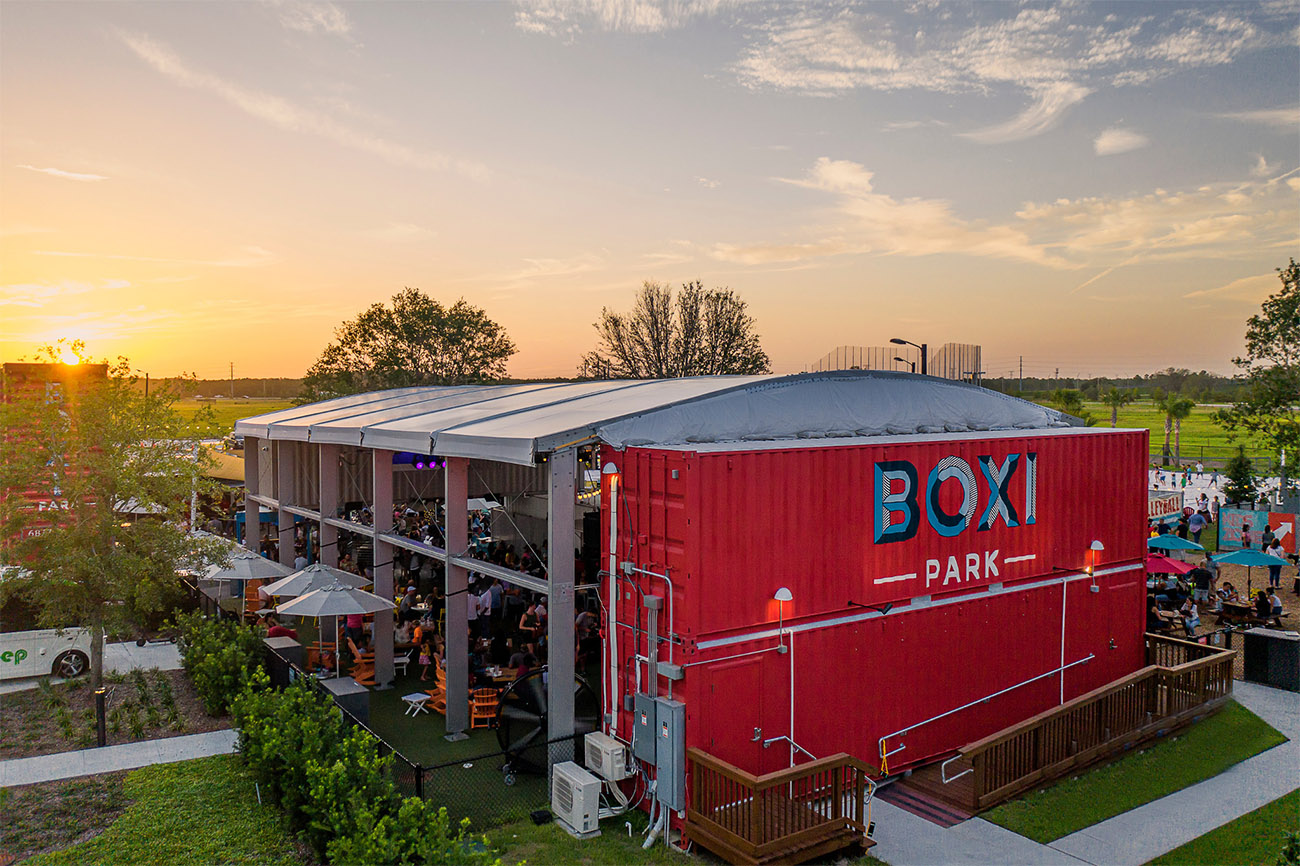
Alfresco Dining at Orlando’s Best Places to Eat Outside
From patio seating to waterfront dining, Orlando boasts a wide range of outdoor restaurants with varied ambiance and cuisine. Here are some great options to whet your outdoor dining appetite: Boxi Park 877 Tavistock Lakes Boulevard Tucked into Orlando's Lake…
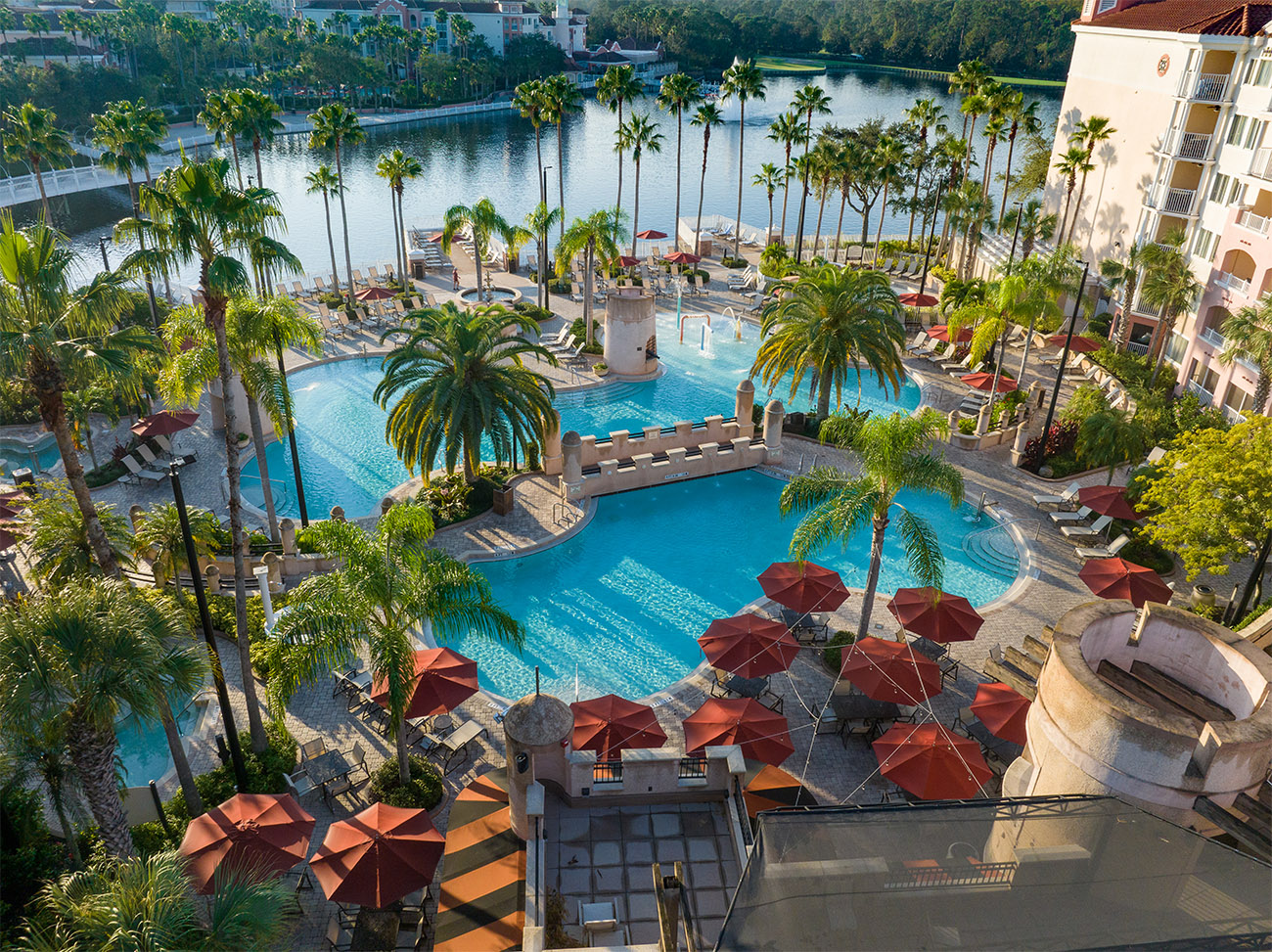
Stay In-The-Know with Your Concierge at The Marriott Vacation Clubs
When you’re traveling to a brand-new destination (or frequenting an old haunt), taking adventures, and seeing the sights is what makes each vacation even more memorable. From making reservations to local restaurants to providing entertainment suggestions, no one knows a…
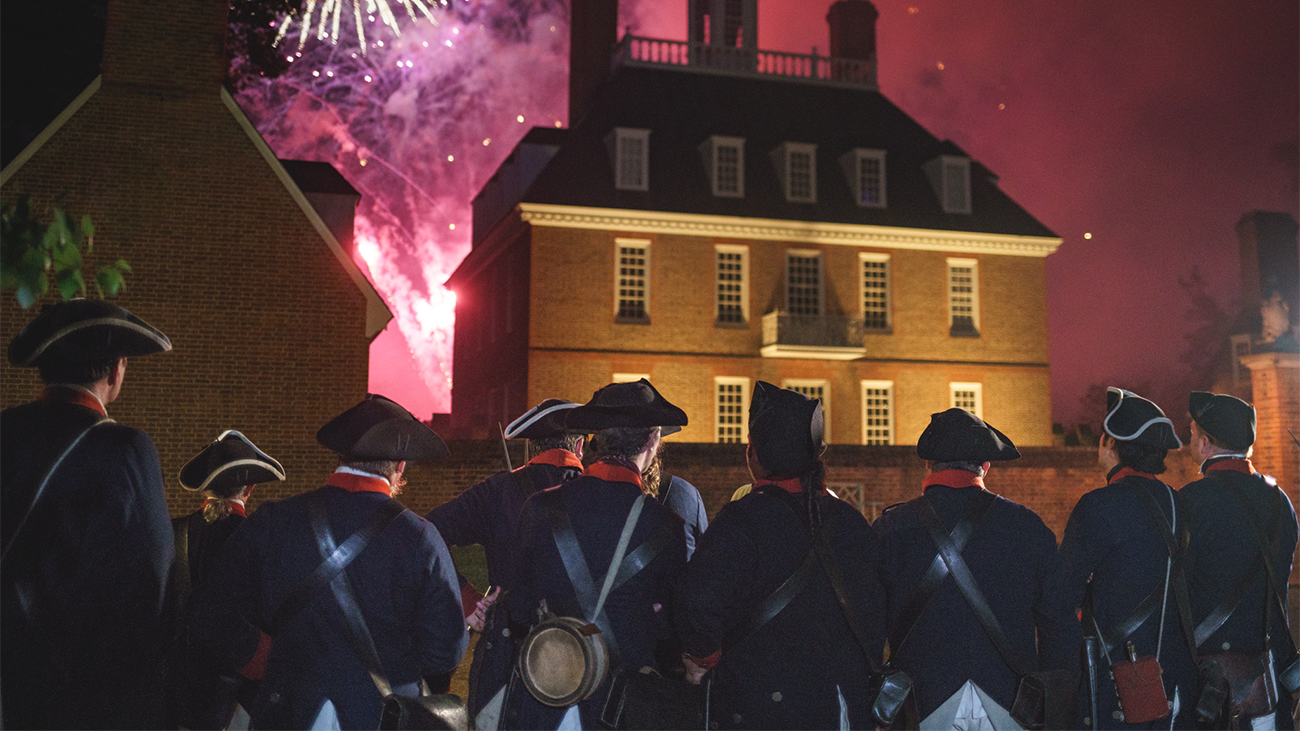
Things to Do in Colonial Williamsburg: History and Family Fun Await
Colonial Williamsburg, once the capital of the Virginia colony, has long been known as a living history site, but it offers plenty of other activities, including theme parks, wine tasting, and more than six golf courses. Here's a taste of…
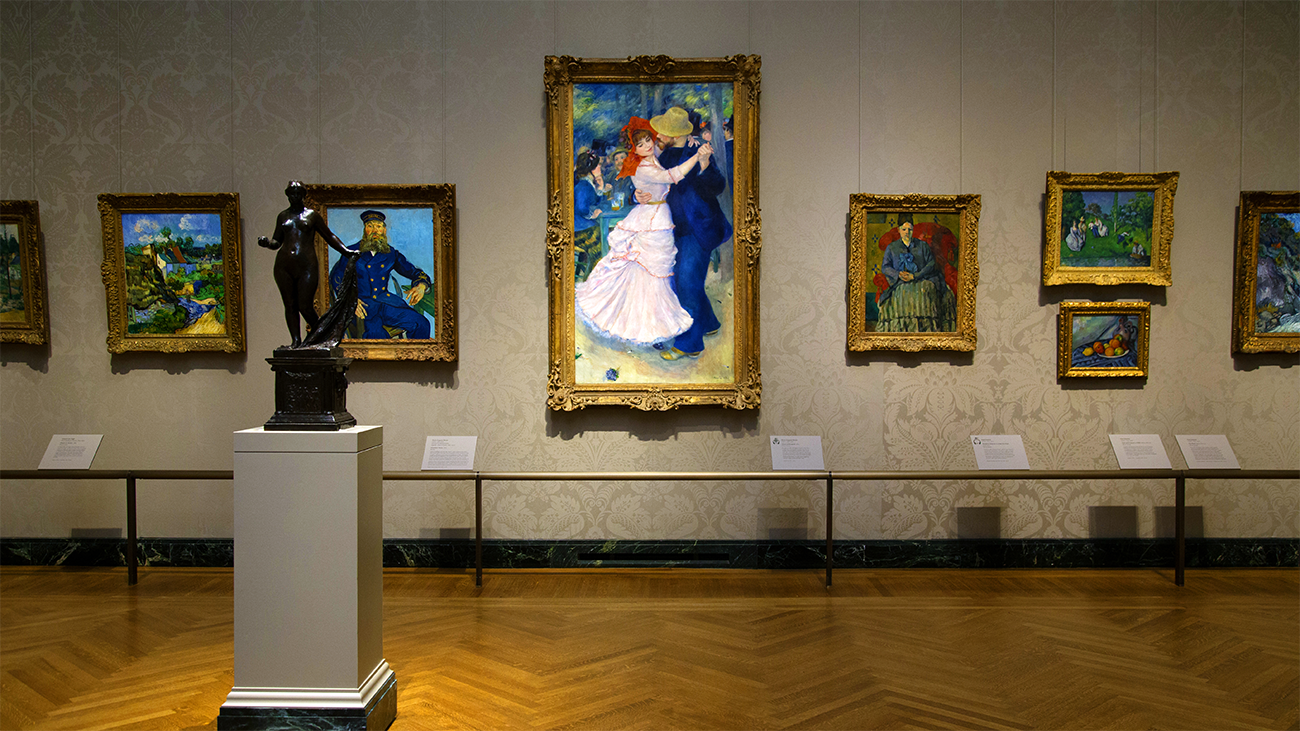
See Boston’s Best by Foot
Brick-lined streets. Old-school pubs. Steepled churches set against glassy skyscrapers. It's easy to fall under the spell of Boston, where world-class cultural institutions mingle with 400 years' worth of historic landmarks. Boston is also compact and walkable, making it perfect…
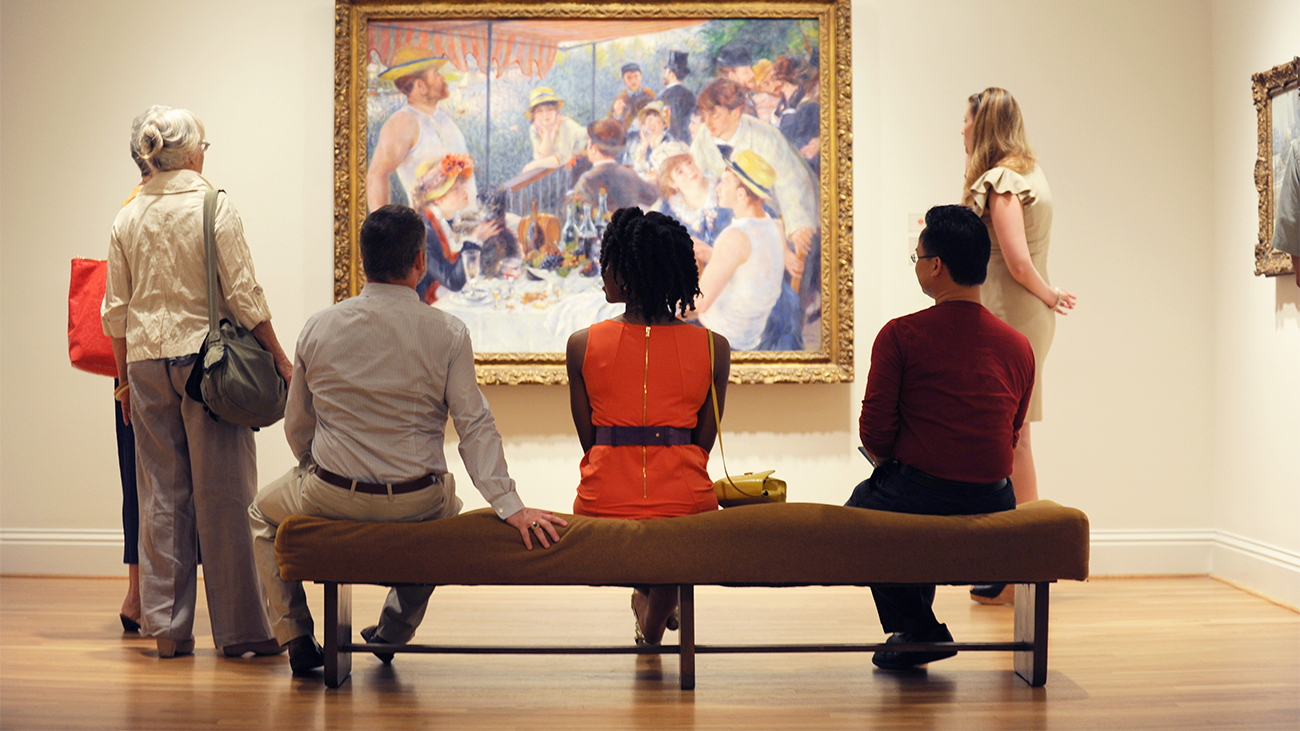
5 Under-the-Radar Museums in Washington, D.C.
The free admission Smithsonian museums that line the National Mall in Washington, D.C., are must-dos for many visitors. Think popular attractions like the National Air and Space Museum, the National Museum of African American History and Culture, and the National…
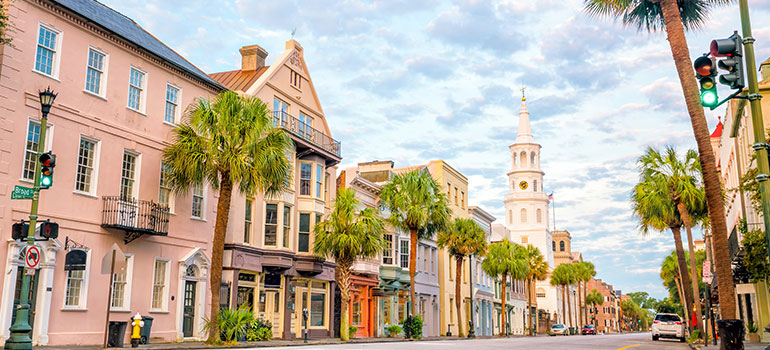
Everything to Do and See Near Myrtle Beach
Explore southern culture and food beyond the Grand Strand From historic Charleston to charming Wilmington, these nearby road trips will complement your Myrtle Beach fun. Myrtle Beach has something for everyone: Sun and surf, golfing, shopping, and world-class entertainment. But…
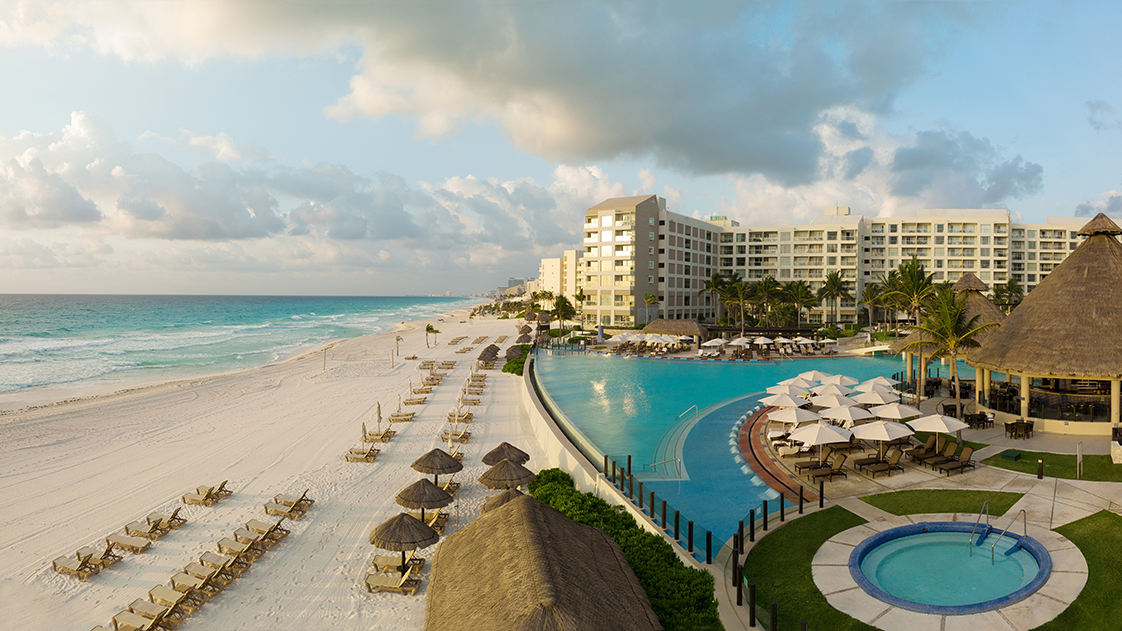
Nancy and Chuck Ford: Why Owning is The Best Decision We’ve Made
See how ownership helped create vacation memories. Nancy and Chuck Ford have a canvas for daydreaming that manifests in salty waves of cerulean, azure, teal, and sapphire. But it’s not a dream. Their little slice of heaven is real —…
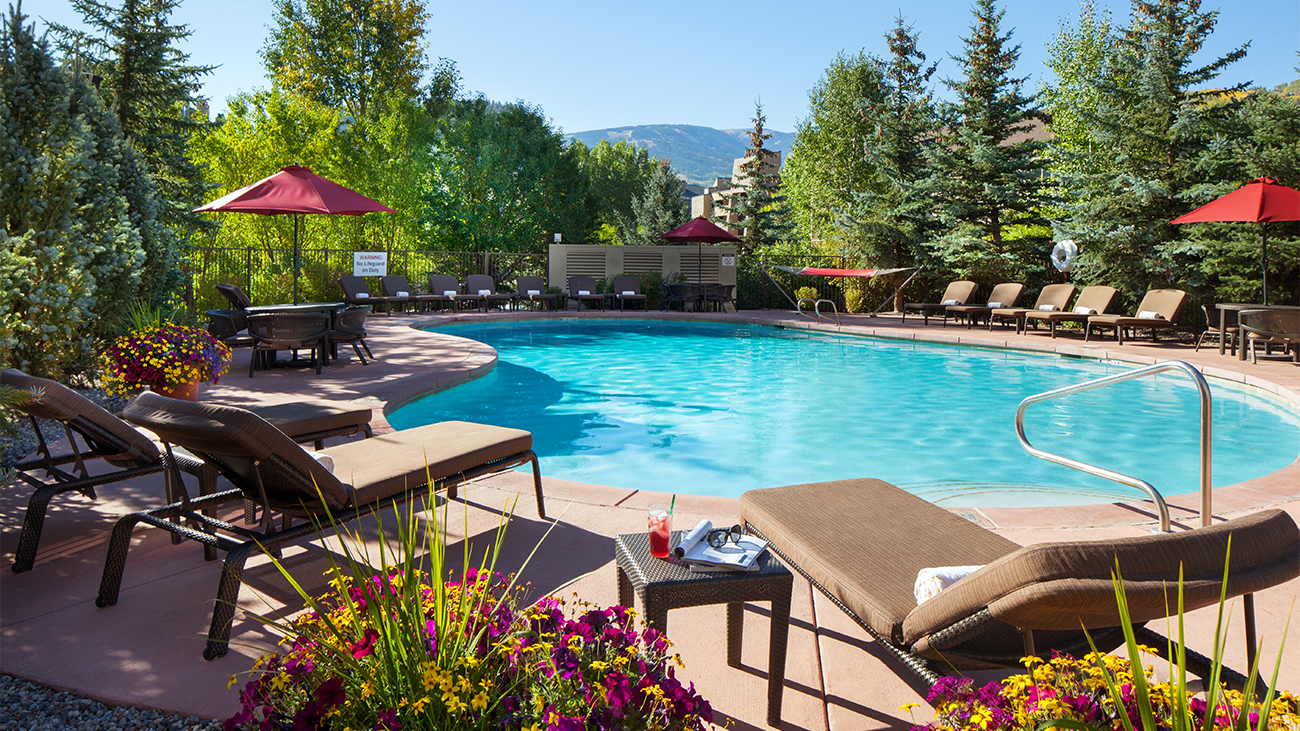
Get Ready for a Colorado Rockies Vacation
Avon, Colorado, is a year-round destination for all fans of the outdoors. A grown-up, outdoor playground awaits bikers, hikers, rafters, shoppers, diners, and anyone who just wants to get away from it all at the bottom of one of Colorado’s…
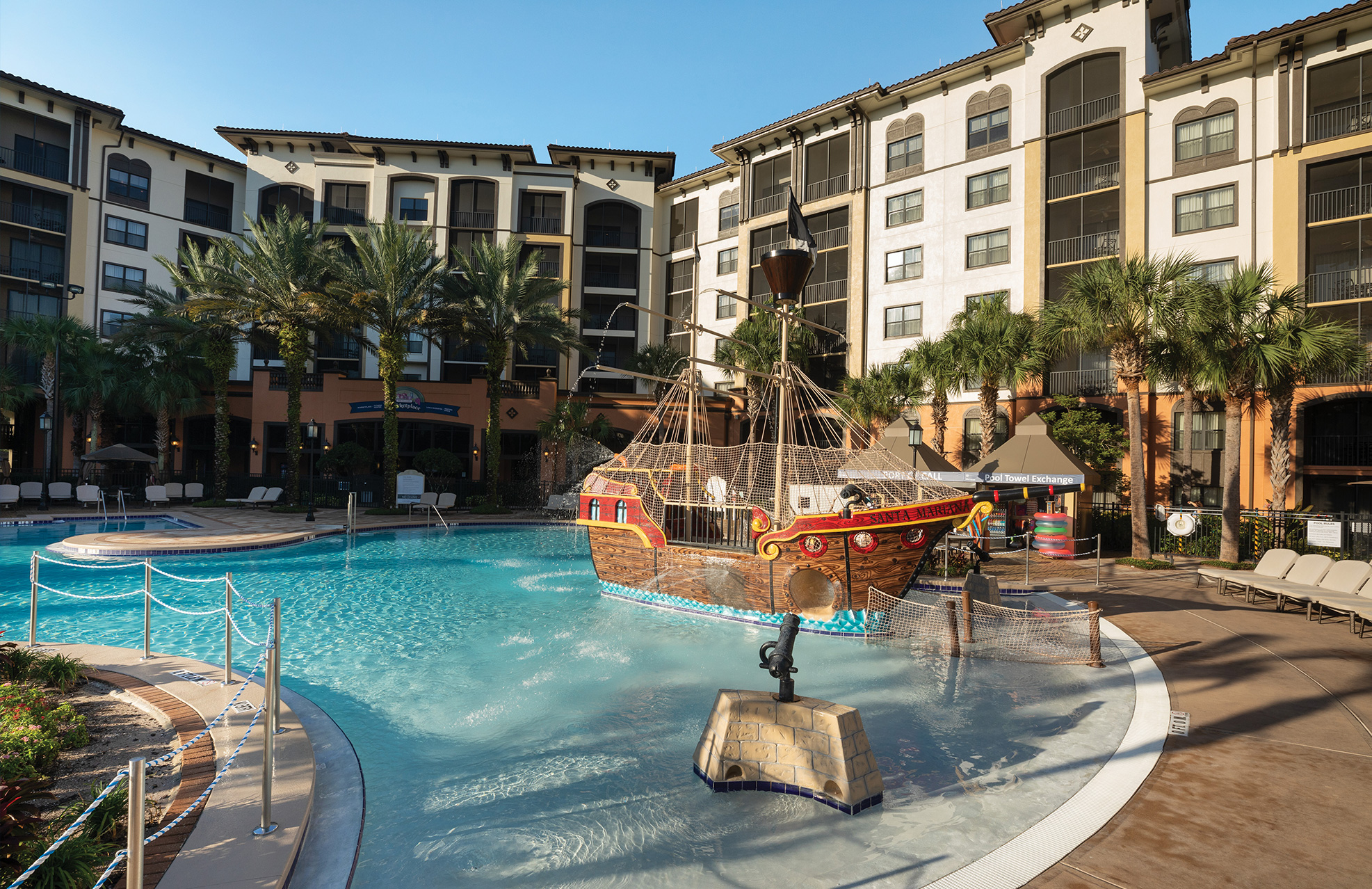
Fine Dining in Orlando: Delicious Food with No Line
Orlando, Florida, continues to grow its thriving culinary scene, and the prestigious Michelin Guide took notice in 2022. The City Beautiful scored dozens of spots with a wide variety of restaurants recognized. With multiple centrally located The Marriott Vacation Clubs…
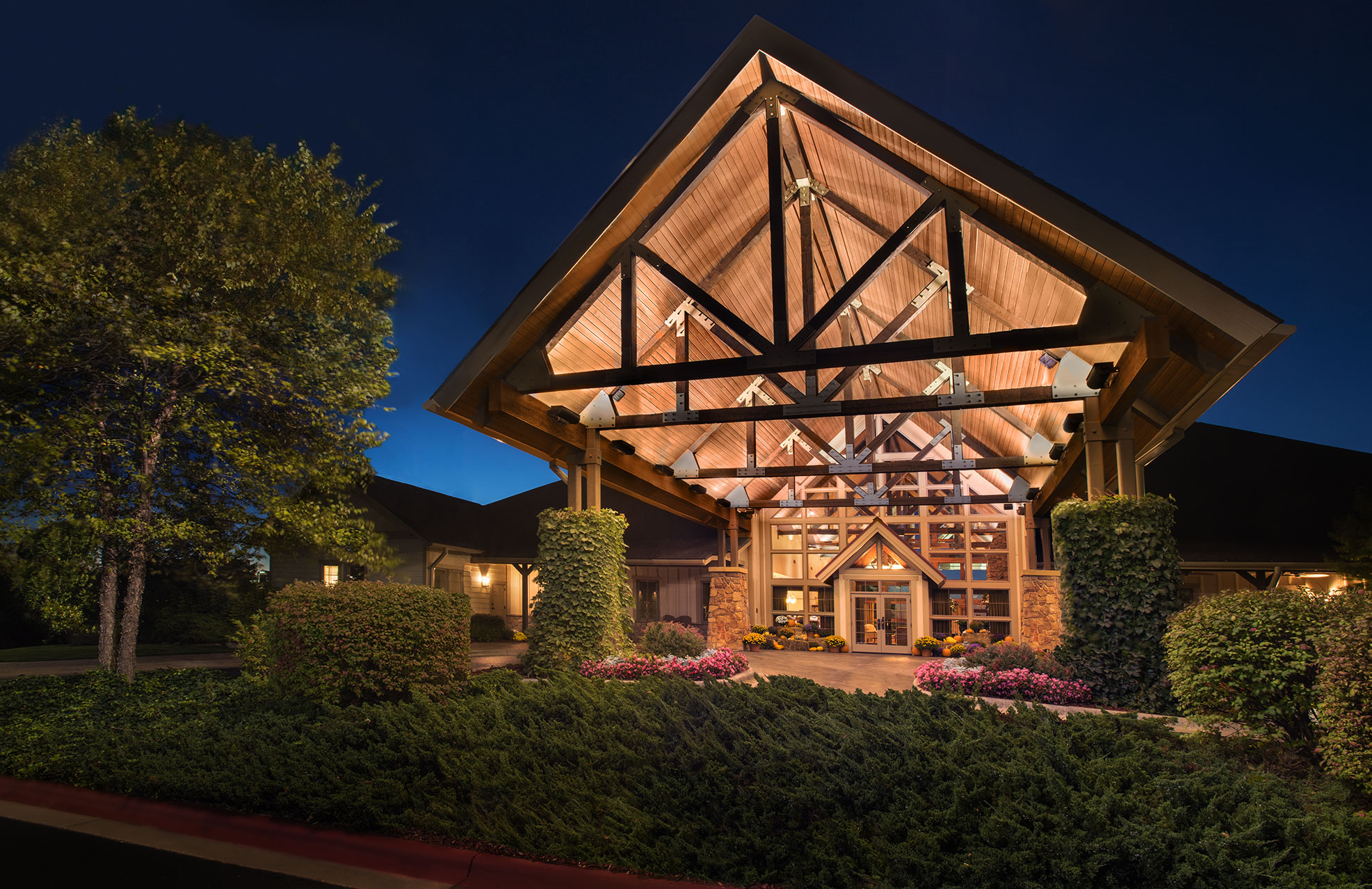
Fun Things to Do in Branson, MO from the Stage to the Mountains
Branson Fun Takes Center Stage Some of the world’s most talented performers join mother nature to provide an entertaining and relaxing vacation in Branson, Missouri. This gem of the Ozarks is one of the few vacation destinations that truly has…
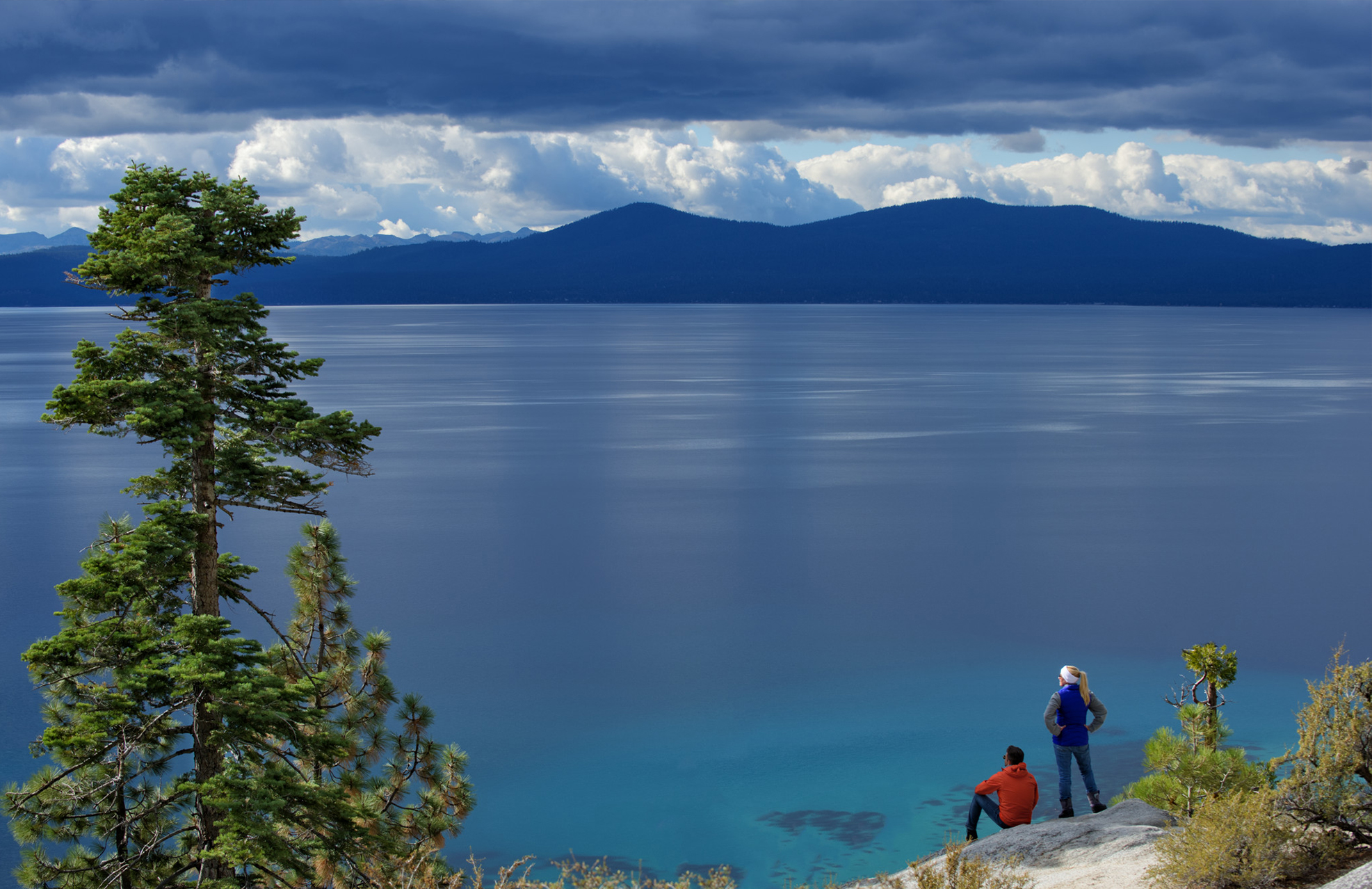
Restaurants in Lake Tahoe: Dining for The Whole Family
In summer, Lake Tahoe is booming with visitors eager to hike, bike, and enjoy the waters of the largest alpine lake in North America. All that active leisure time is sure to build up an appetite. Here are some of…
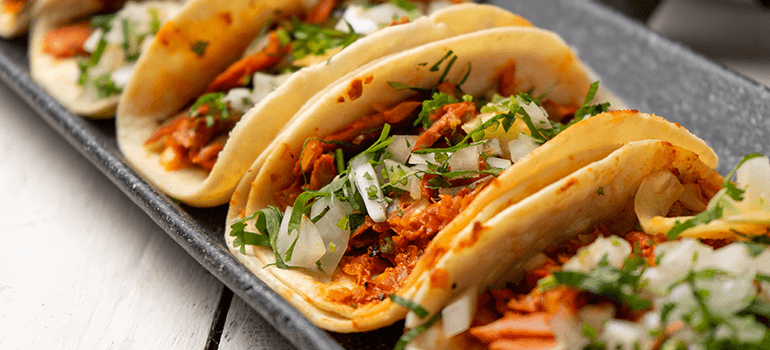
Reserve a Table in Orlando at One of The Best Hidden Restaurants
Explore Orlando dining outside of the theme parks, where you’ll find hearty Italian, authentic Thai and Cuban offerings around the city. From fine dining in near the theme parks to speakeasy cocktails on Restaurant Row, these restaurants are bringing their…
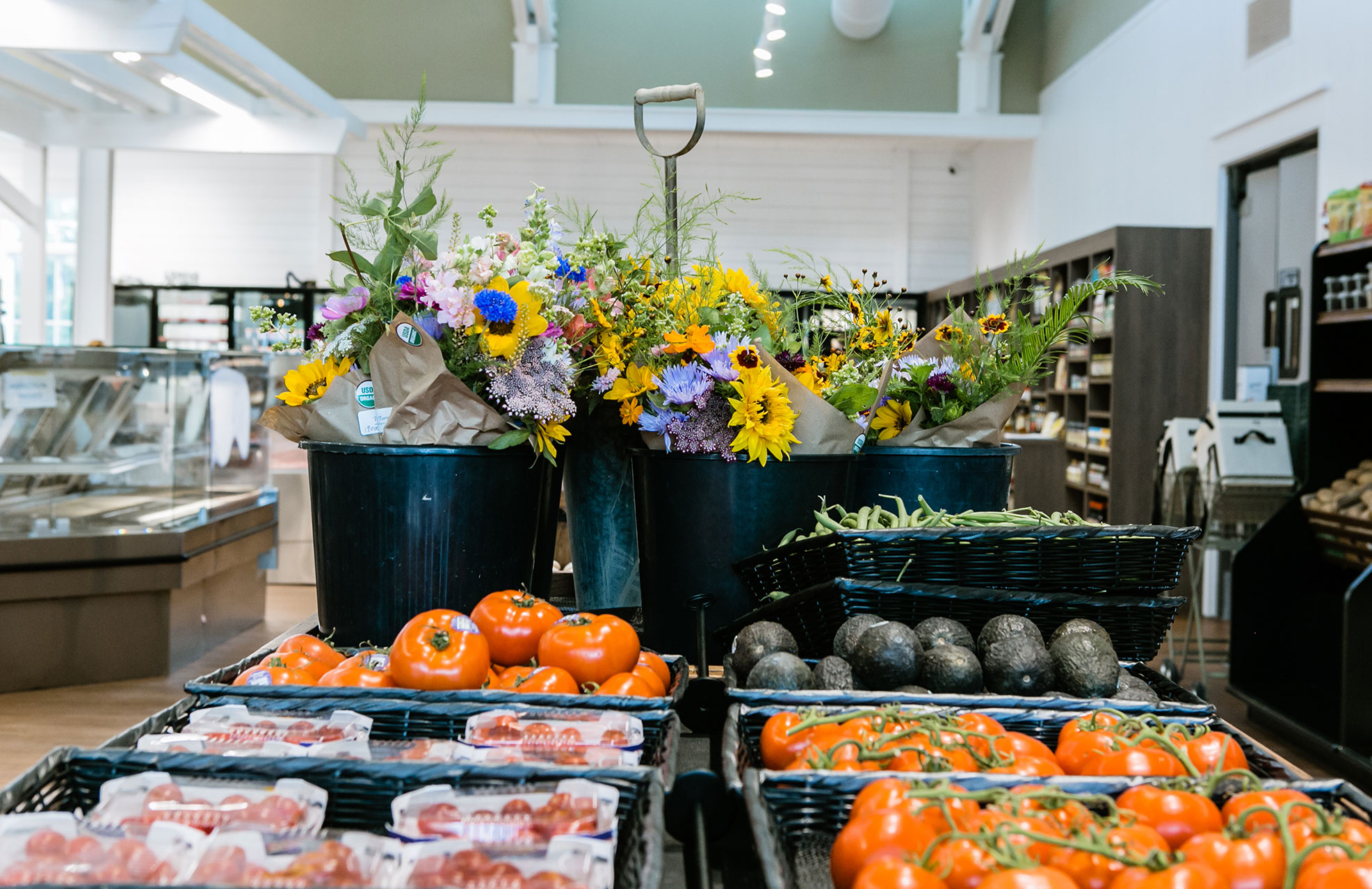
Eat Local on Hilton Head Island with Farm-to-Table Delivery
The best way to get a sense of your favorite vacation spot is to do what the locals do. Whether it’s dining at certain restaurants, visiting under-the-radar places, or seeing an underrated attraction, locals always know what’s best. Now, thanks…
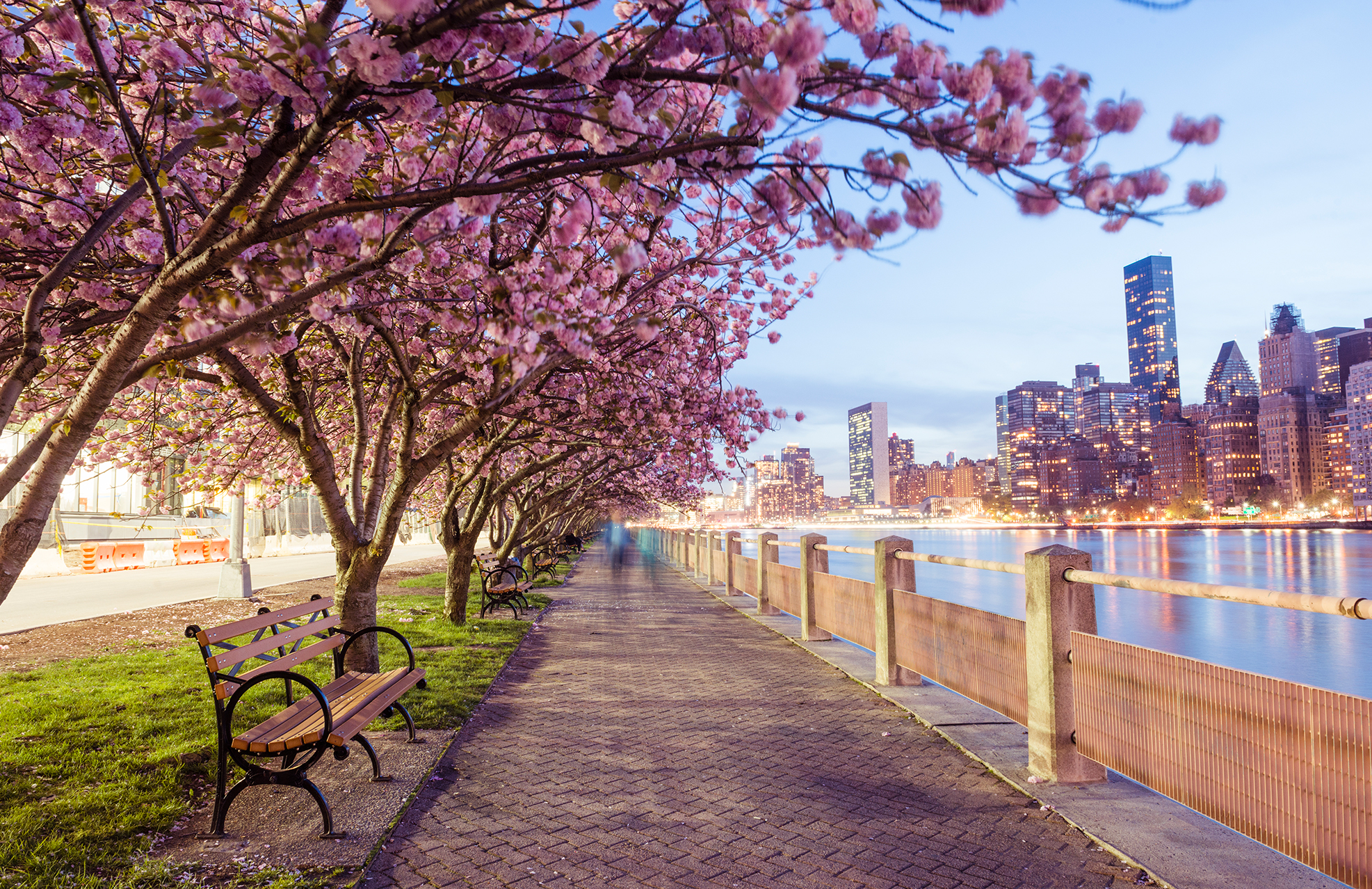
Explore New York City
Outdoor Adventures In New York City After a long winter of snow, ice, and freezing temperatures, spring has arrived in New York City. As the weather warms up, it’s time to get ouside and enjoy the Big Apple. EXPLORE CENTRAL…
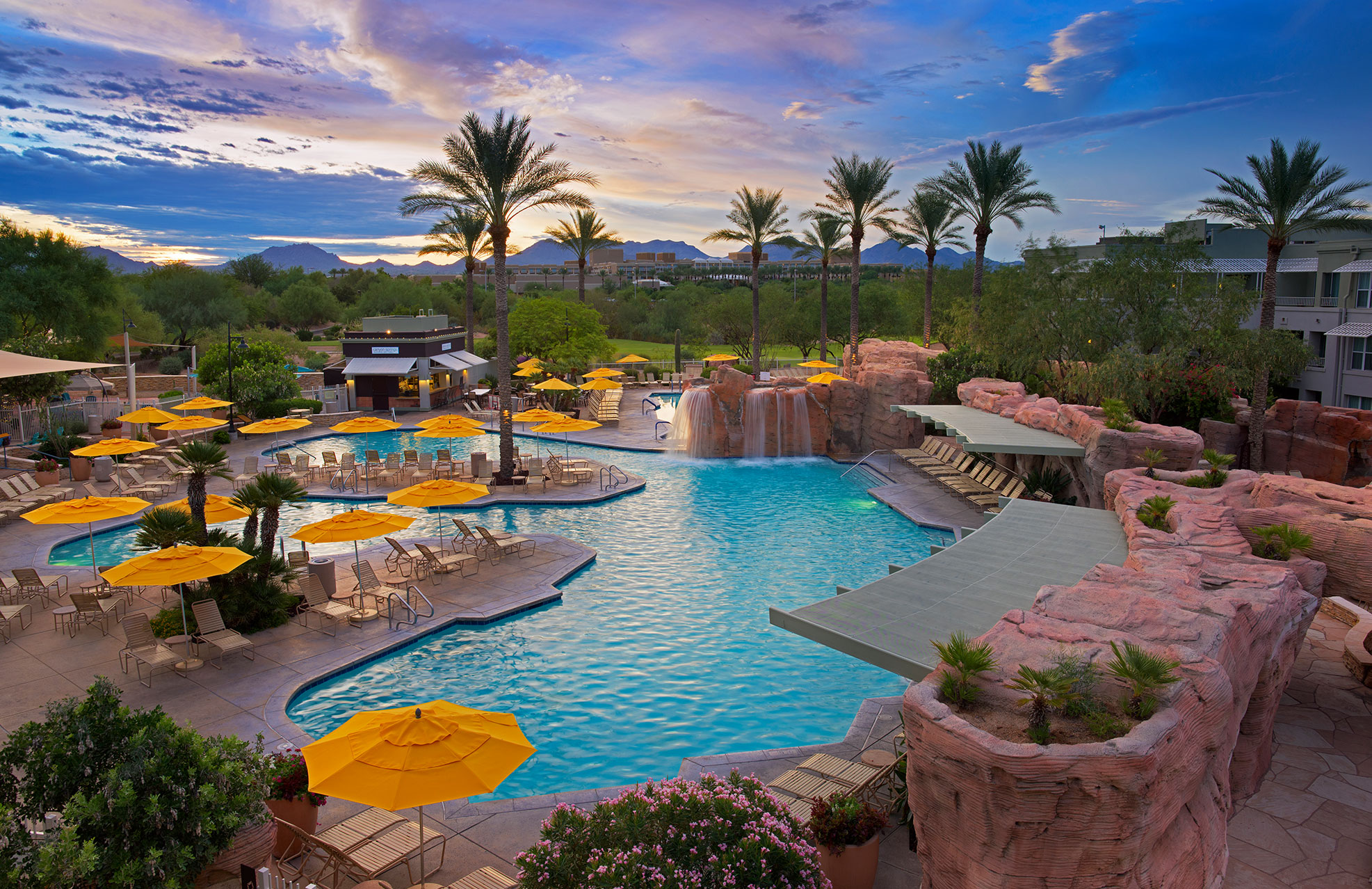
Things to Do in Phoenix
Extend Your Summer In Sunny Phoenix If you’re already bracing yourself for sinking temperatures and snow flurries, why not extend your summer with a Phoenix getaway? Visit Marriott’s Canyon Villas in the upcoming months to enjoy sunshine, blue skies and…

Get into the Car & Head to the Best Road Trip Destinations in the U.S.
Staycations Are Still In Style Skip the cross-country flight. The best vacation may just be right in your backyard. And while it’s exciting to jump on a plane and fly somewhere new, there’s something classically fun about loading your family…
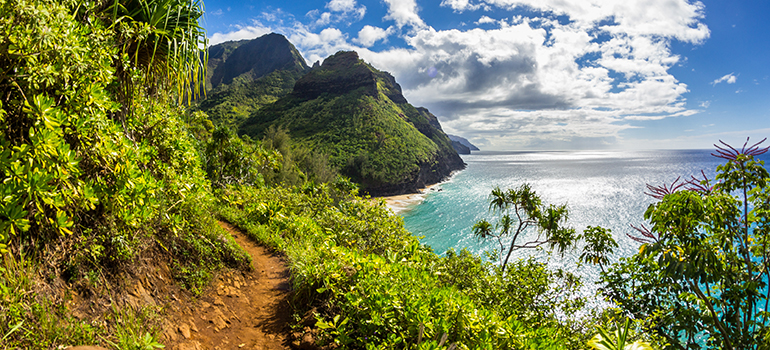
Local Tips & Things to Do on Kaua’i
Fun things to do on The Garden Isle, from a local’s point of view. Want to experience Kaua‘i like an islander? Check out these top picks by Hawai‘i native Karlyn Sukehira Flores, Manager of Culture and Guest Experience at The…
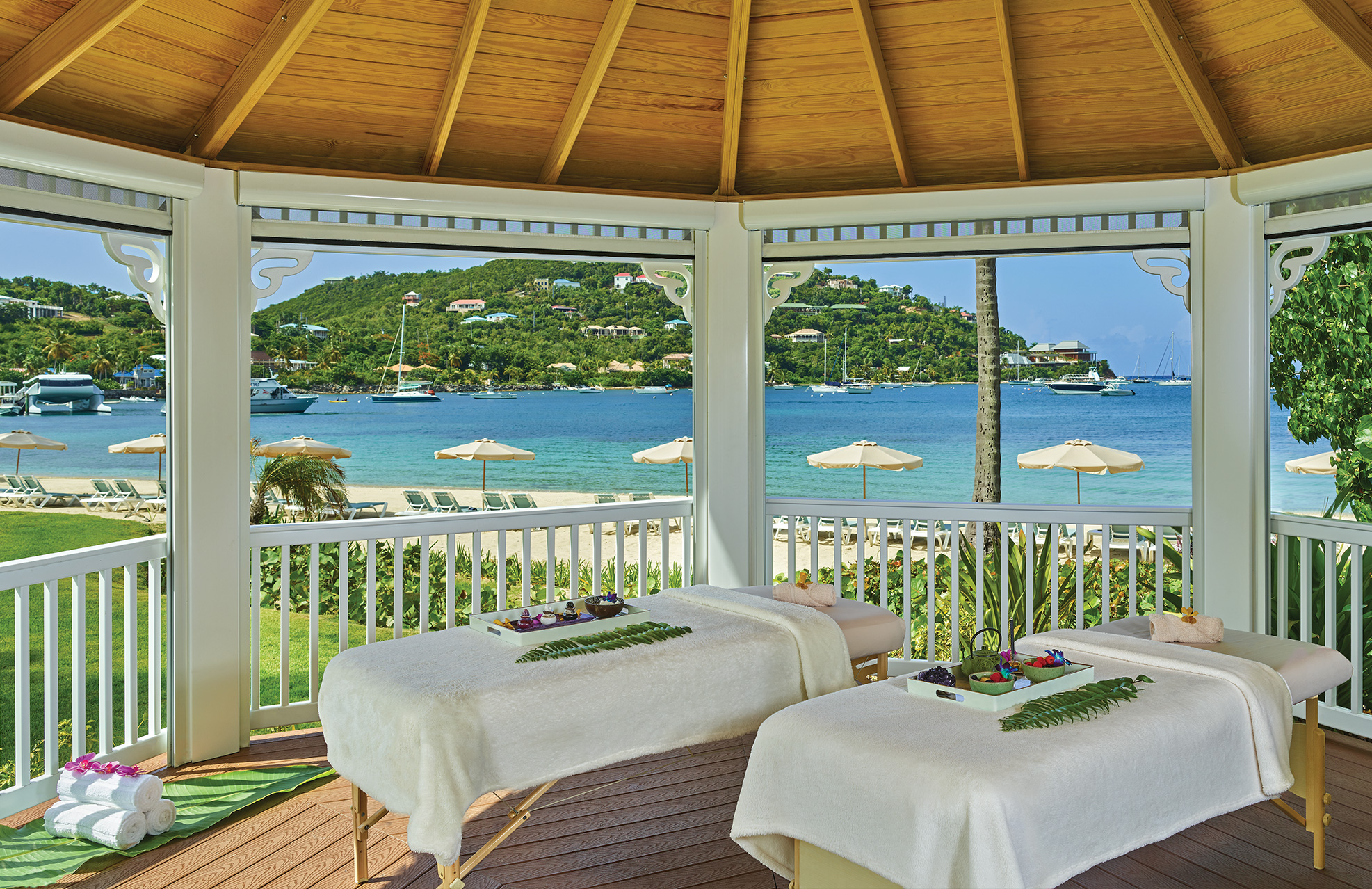
Ready, Set, Relax! The Ultimate Spa Vacations Around The World
The best spa resorts pamper you with beautiful surroundings so you can soak in the scenery while renewing body and mind. Throw in treatments that bathe all your senses in luxury, and you have the ultimate opportunity to recharge and…
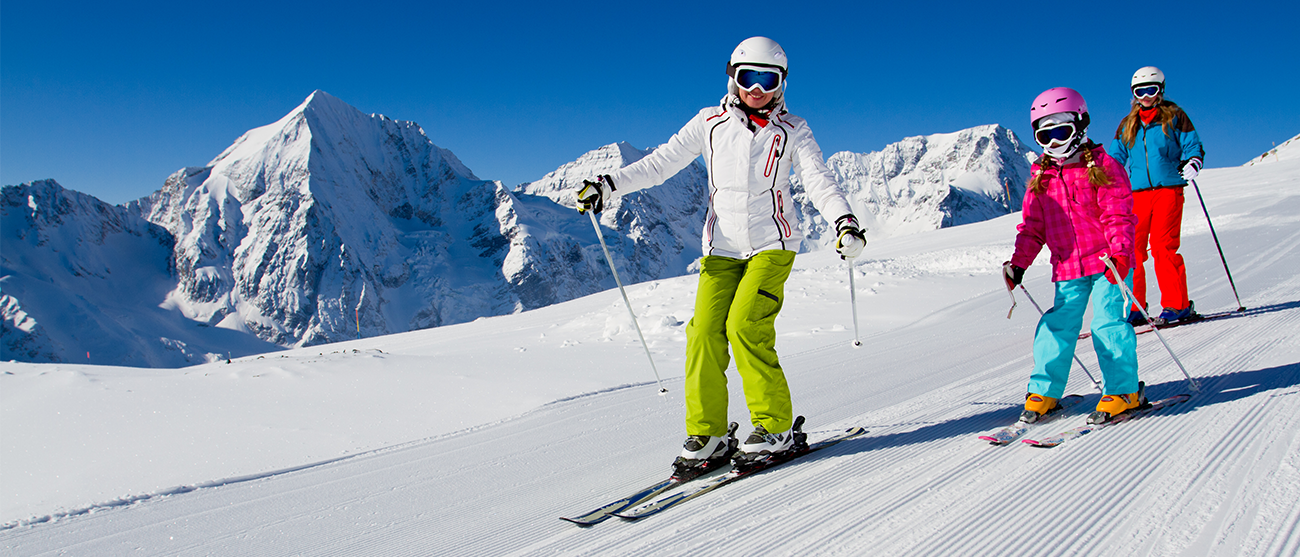
Give The Gift of Vacations to The Whole Family for Generations
The Hendersons have been vacationing at Marriott Vacation Club® resorts in Hilton Head Island, South Carolina, for more than four decades. It’s an understatement to say that they’ve built traditions and created many memories there. During those visits, four generations of…
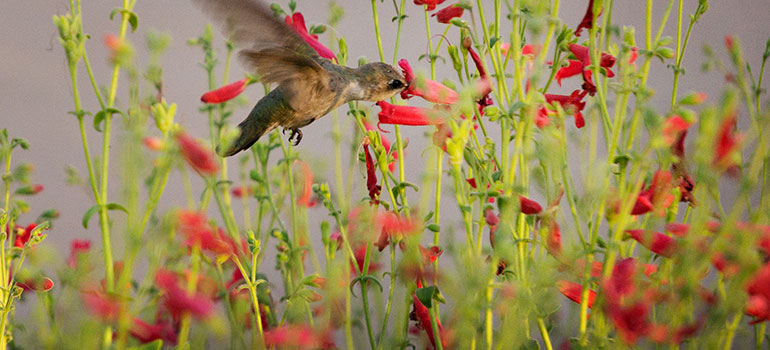
Explore The Stunning Flora of The Best Botanical Gardens in The U.S.
Take a relaxing step back from your bustling vacation schedule to stroll through tranquil botanical gardens in Kaua‘i, Orlando, and Arizona. Exploration and adventure bring every vacation destination even more to life. Consider adding a botanical garden visit to your…
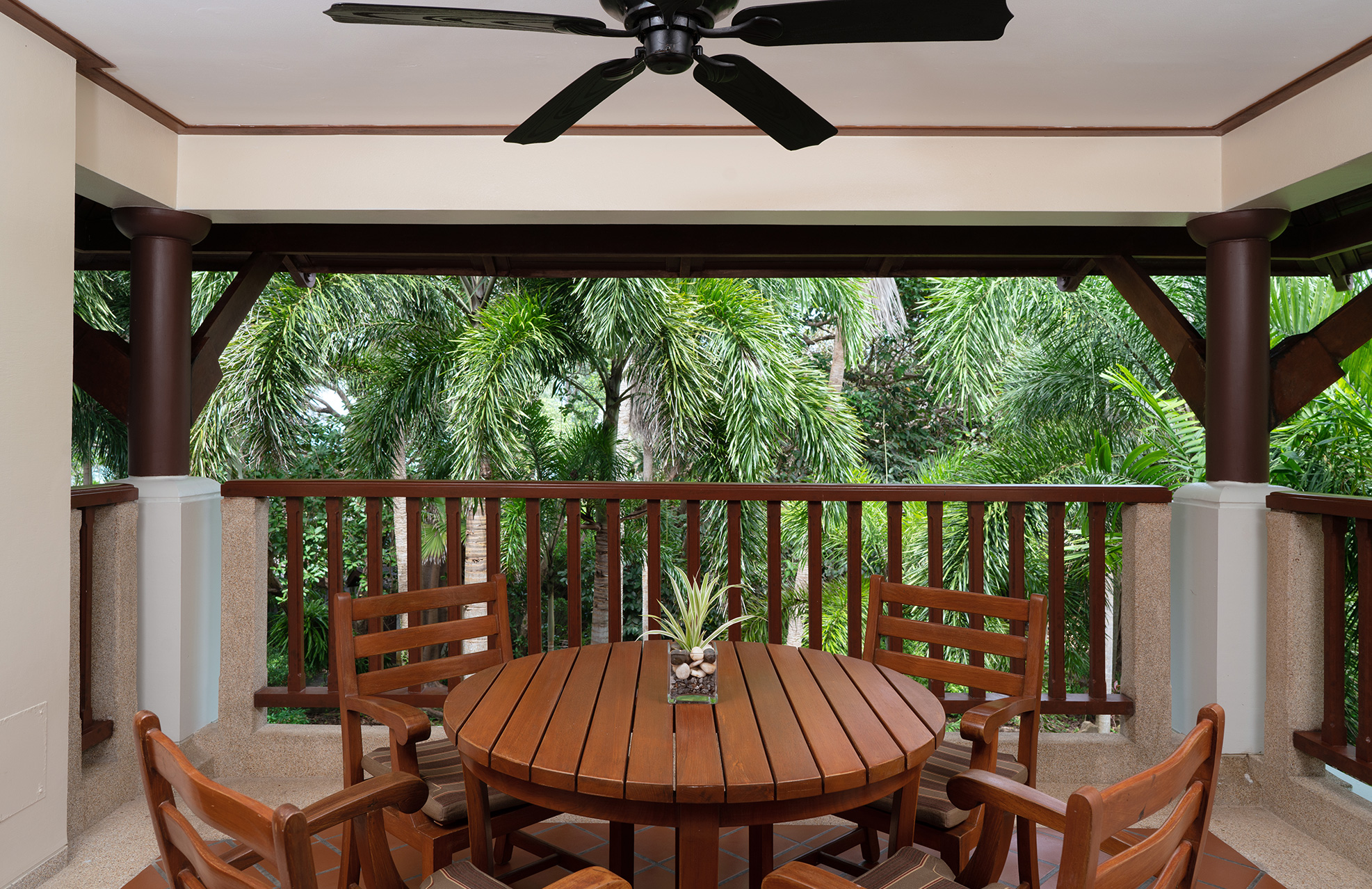
The Best Remote Work Destinations so You Can WFH Anywhere
Office With a View: Working Remotely Remote working doesn’t have to resort to hunching over a desk with a view of a cubicle wall. Instead, you can open your laptop by a window that overlooks the Manhattan skyline, crunch numbers…
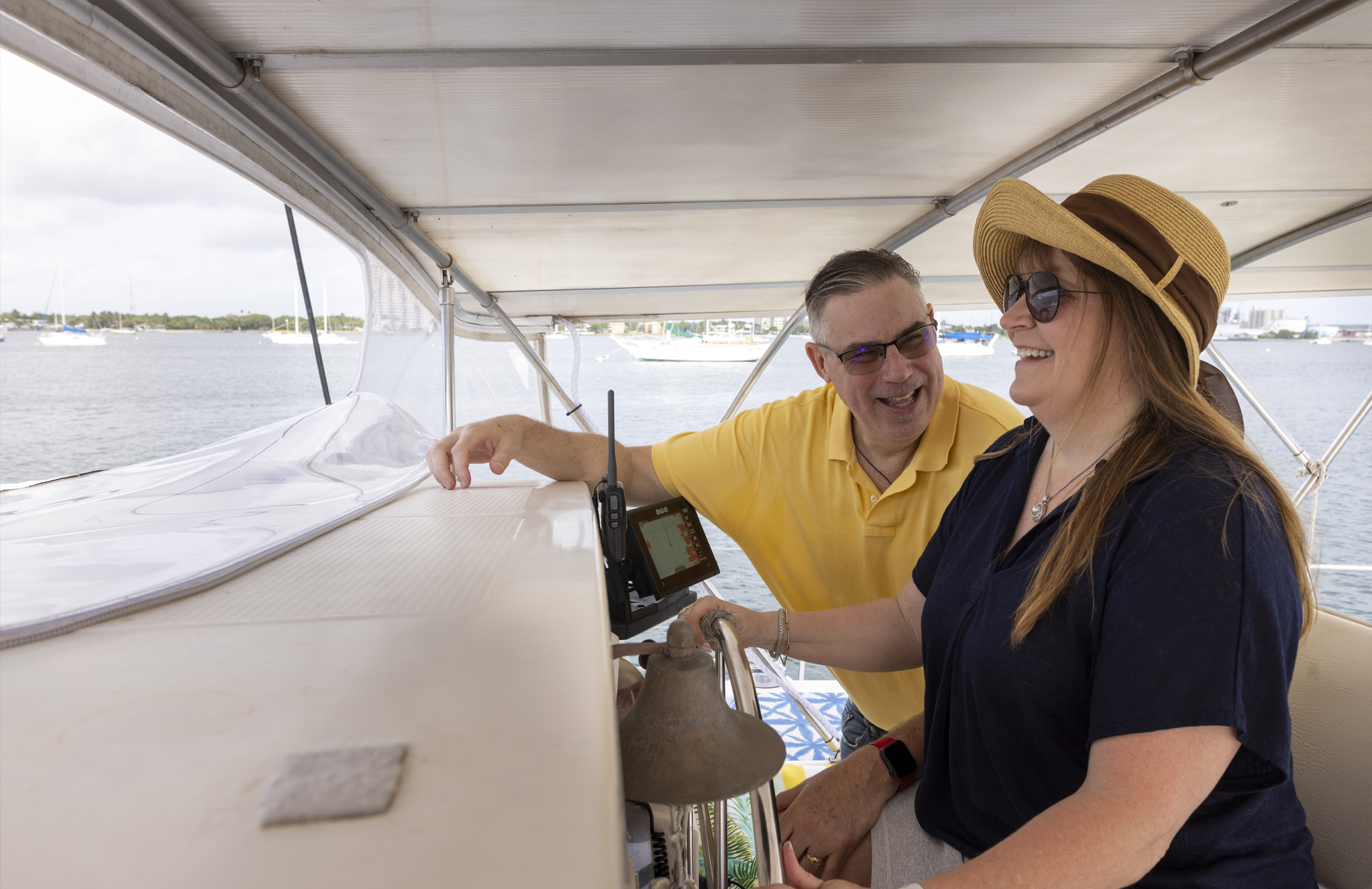
Meet The Mahoney Family
Bringing Family and Friends Together Vacations often bring loved ones together just once a year. But for the Mahoney family from Fort Worth, Texas, their ownership in Marriott Vacation Clubs® is a way to keep close with their family, friends…
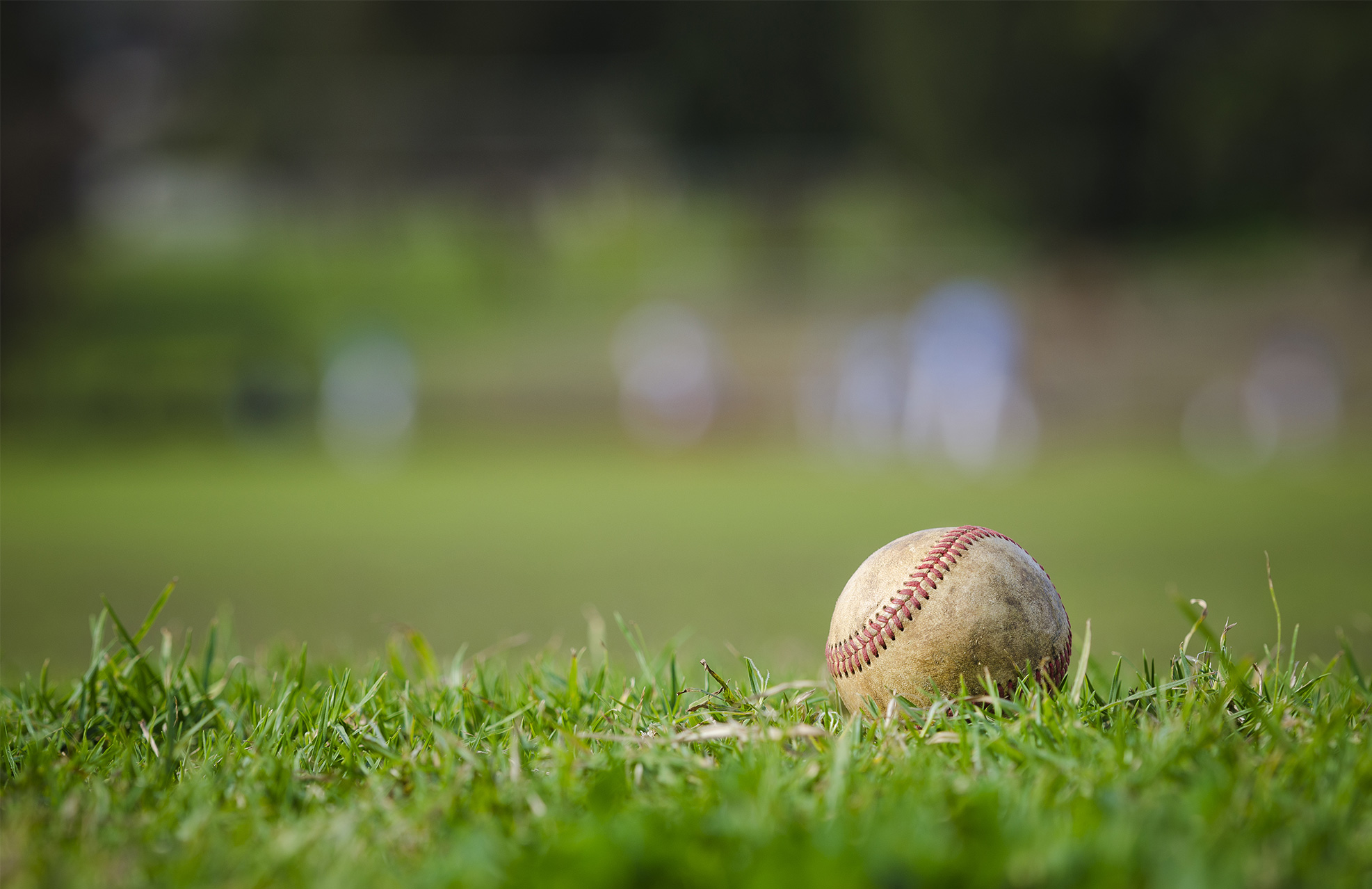
Plan a Spring Training Vacation for True Baseball Fans
Whether you’ve been savoring the 2021 World Series® win by the Atlanta Braves or are rooting for another team to go all the way this year, there’s a special time and place where the season always begins — Spring Training….

Explore With The Dahlem Family
One Family’s Vacation Club Journey An adventure in the Sonoran Desert with the whole family. A romantic Vegas getaway. A quiet snowbird holiday in the Florida Panhandle. For Mike and Lauri Dahlem, these aren’t just once-in-a-lifetime experiences or pipe dreams….
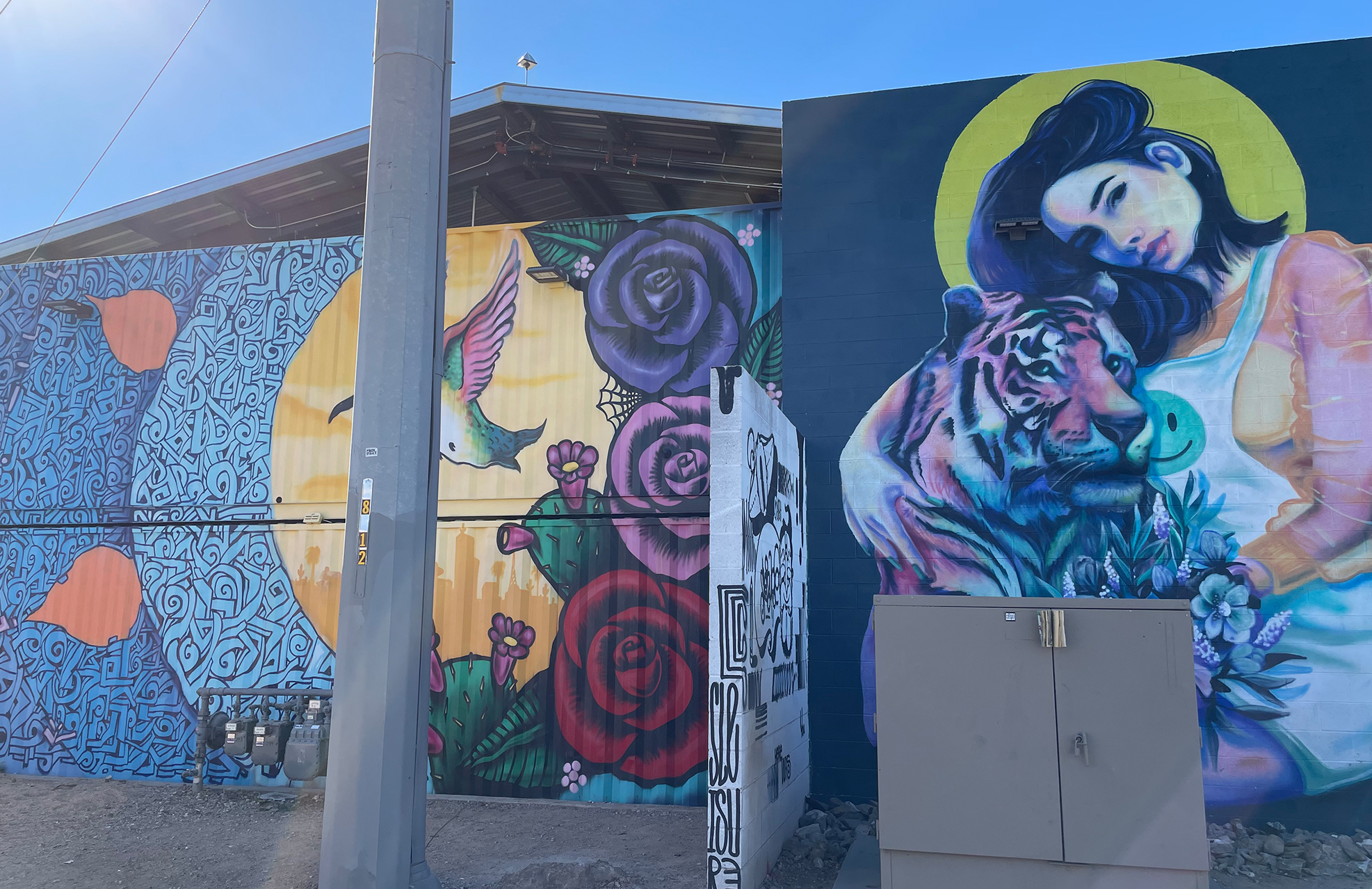
Explore The Stunning Street Art Murals of Phoenix’s Arts District
In Phoenix, the thriving and vibrant street art scene offers a glimpse into what makes the fifth-largest city in the United States tick. While murals are found in all parts of Phoenix, most are in downtown and the arts district,…
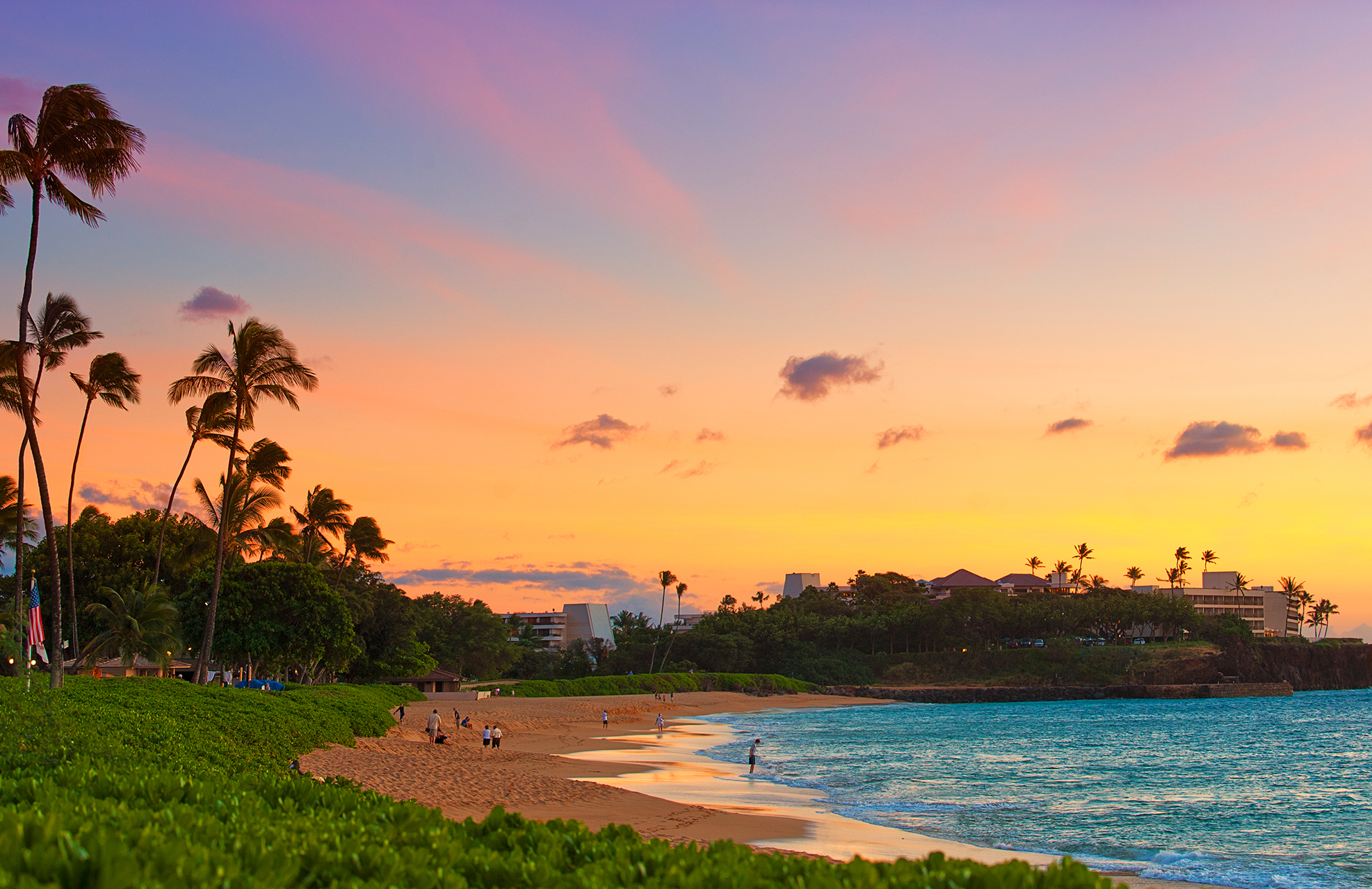
Fun in Maui for The Whole Family
Tropical Maui evokes a breezy, laid-back escape. But when you’re ready to do more than lounge by the water, Maui will reignite your spirit of adventure. From exploring jungle waterfalls to hiking rainforests, consider these experiences that will make your…
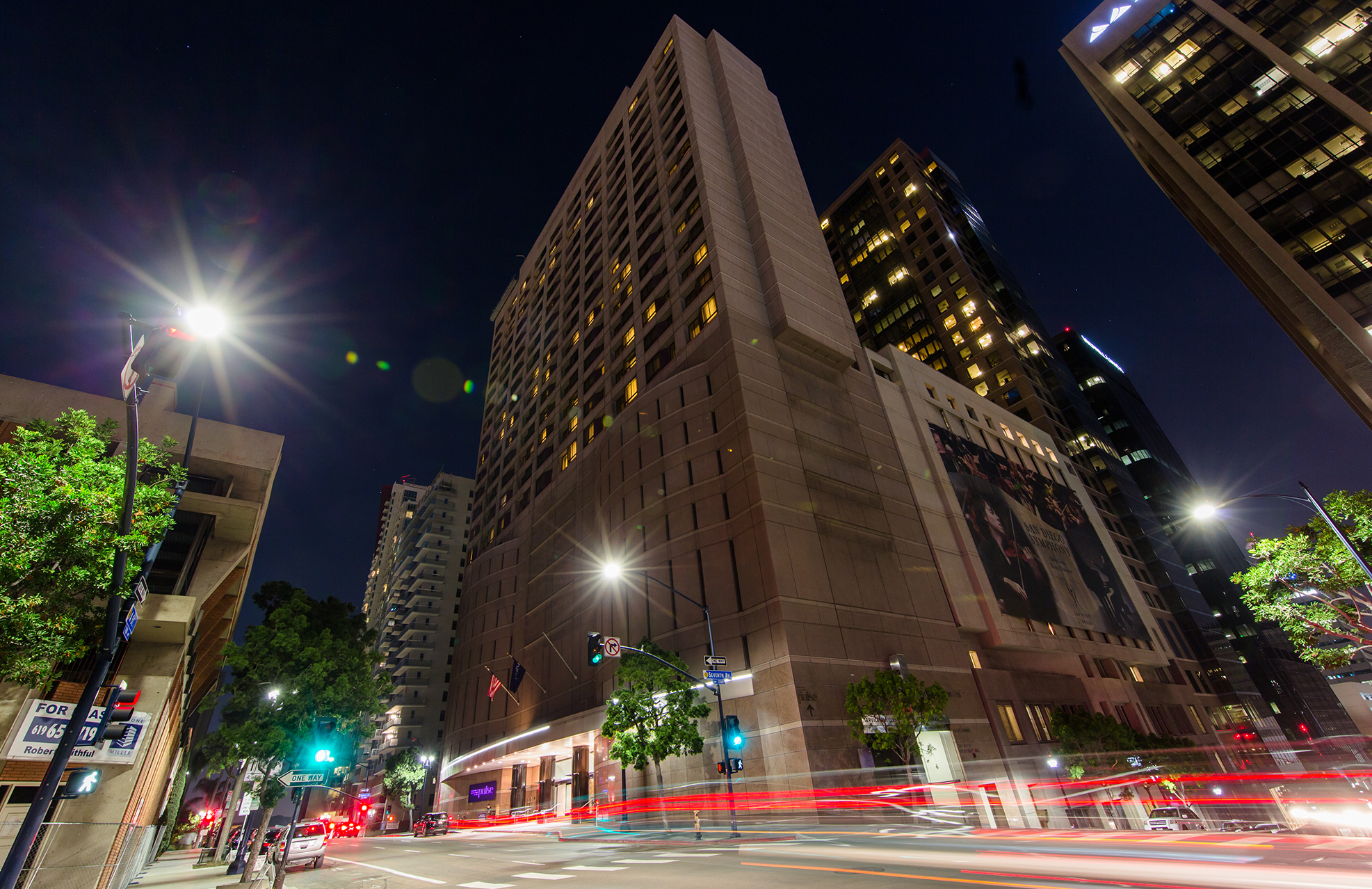
Plan a Getaway in One of The Best City Vacation Destinations
PLAN A QUICK GETAWAY TO THE CITY The Marriott Vacation Club™ City Collection properties put you in the center of it all — renowned restaurants, cultural landmarks, and vibrant nightlife are just steps from your door. Each City Collection property blends…
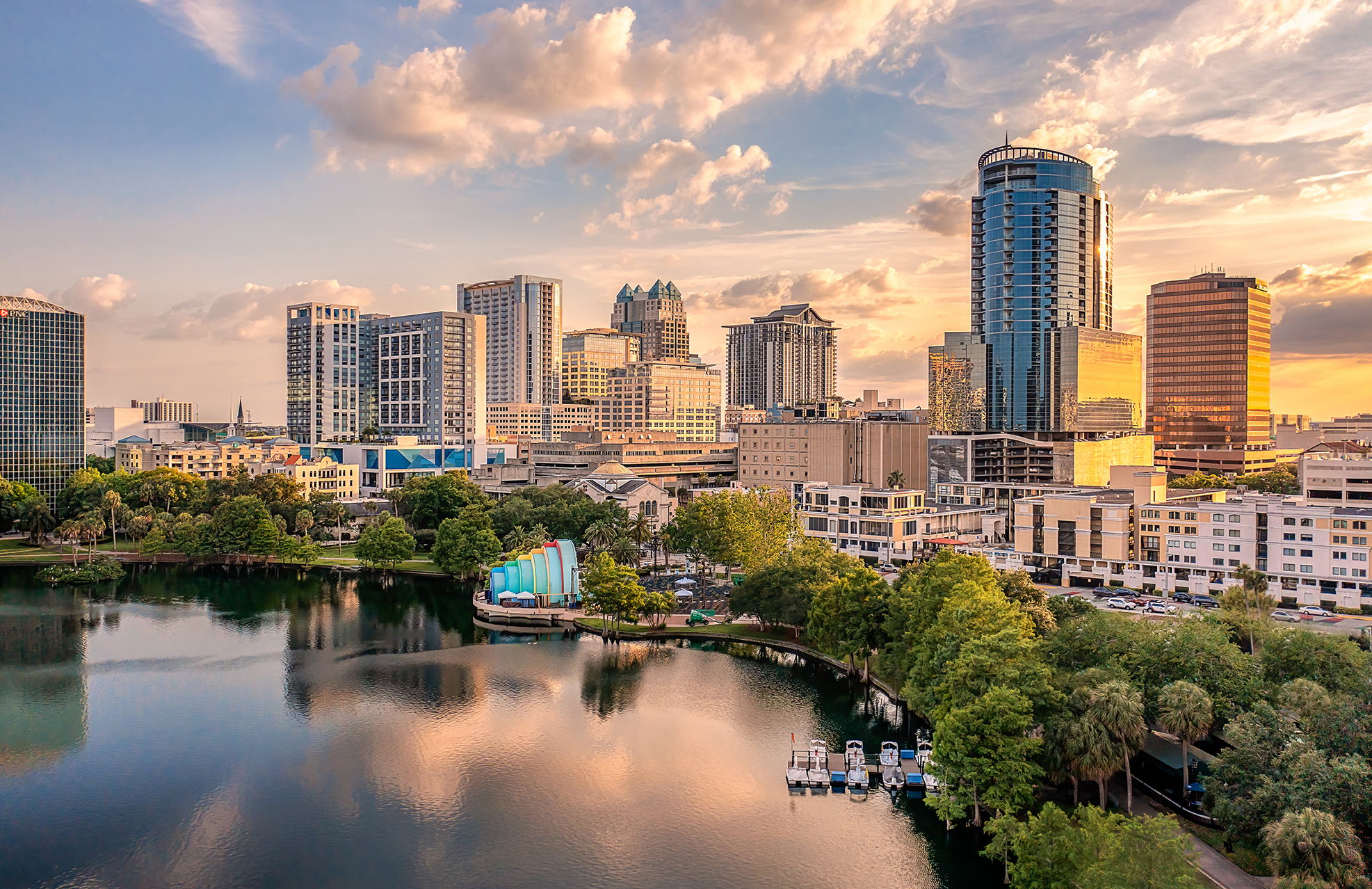
Get to Know The Best Neighborhoods in Orlando
Cartoon characters and NBA and golf legends might be some of the most famous Orlando residents, but they’re not the ones who keep the City Beautiful so vibrant. It’s the communities thriving in the neighborhoods around the theme parks that…
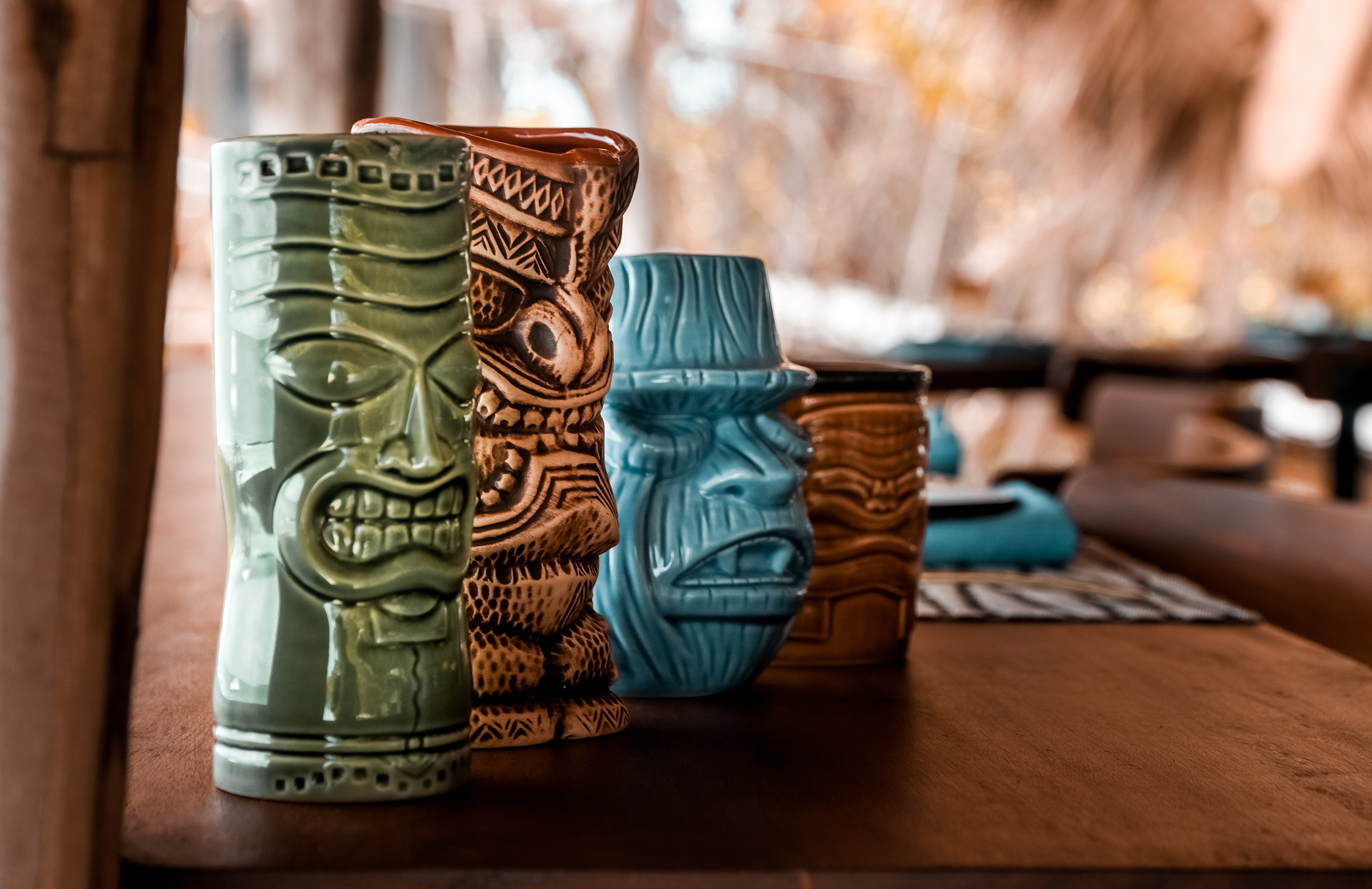
Palm Springs Tiki Bars: an Oasis in The Desert
Find Tiki Culture in Palm Springs You know you’ve arrived in downtown Palm Springs when you see its expansive collection of mid-century modern homes and commercial buildings — from the Palm Springs Visitors Center to the Palm Springs Art Museum…
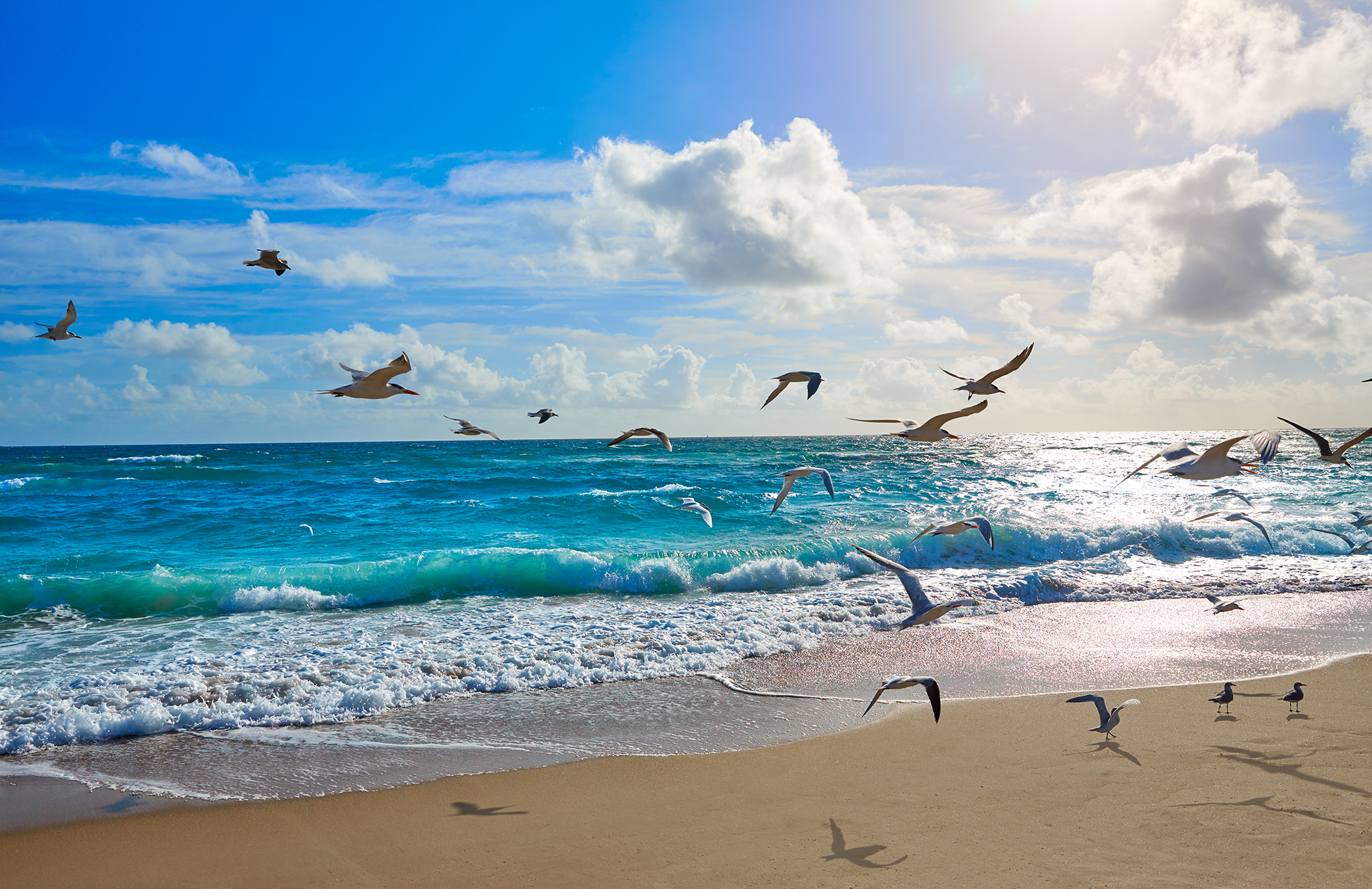
Day Trips Near Singer Island: Things to Do in Palm Beach
If you seek vacations in nature or by water, John D. MacArthur Beach State Park in North Palm Beach is worth adding to your travel bucket list. Time slows across the park’s 438 coastal acres of tropical hammock and mangrove…
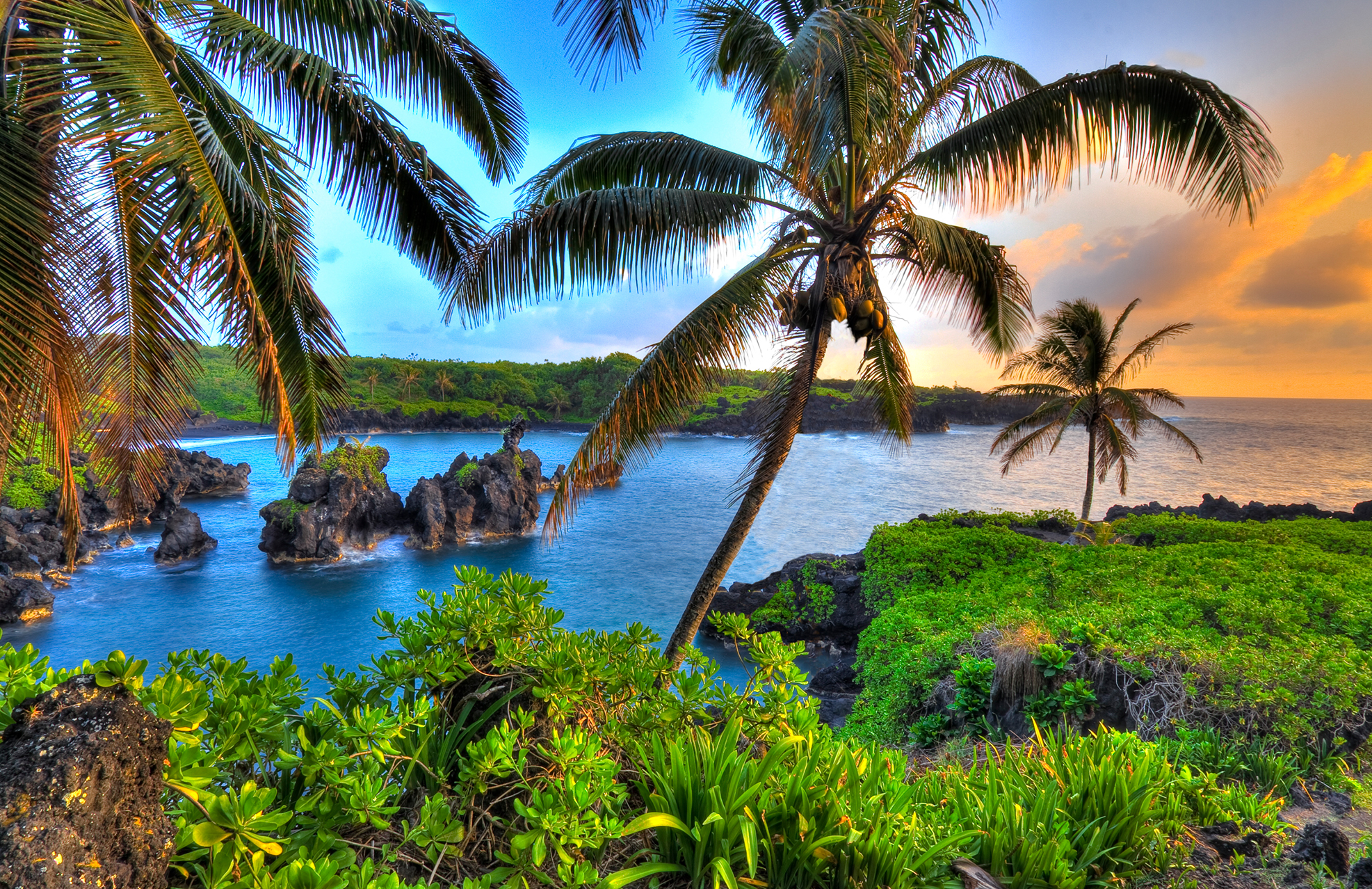
Things to Do for a Romantic Couple’s Escape in Hawai’i
Big Island, Hawai‘i for Couples The youngest and largest island in the Hawaiian chain, the Big Island is nearly three times the size of New York’s Long Island — providing ample space for sun-kissed adventures for two. Due in part…

Seeing Art in Las Vegas
Las Vegas is best known for its glittering lights, 24-hour casinos, and nonstop nightlife, but it’s also a place to experience art. True to Vegas’ flashy reputation, most of the art isn’t found in museums — but rather in nontraditional…
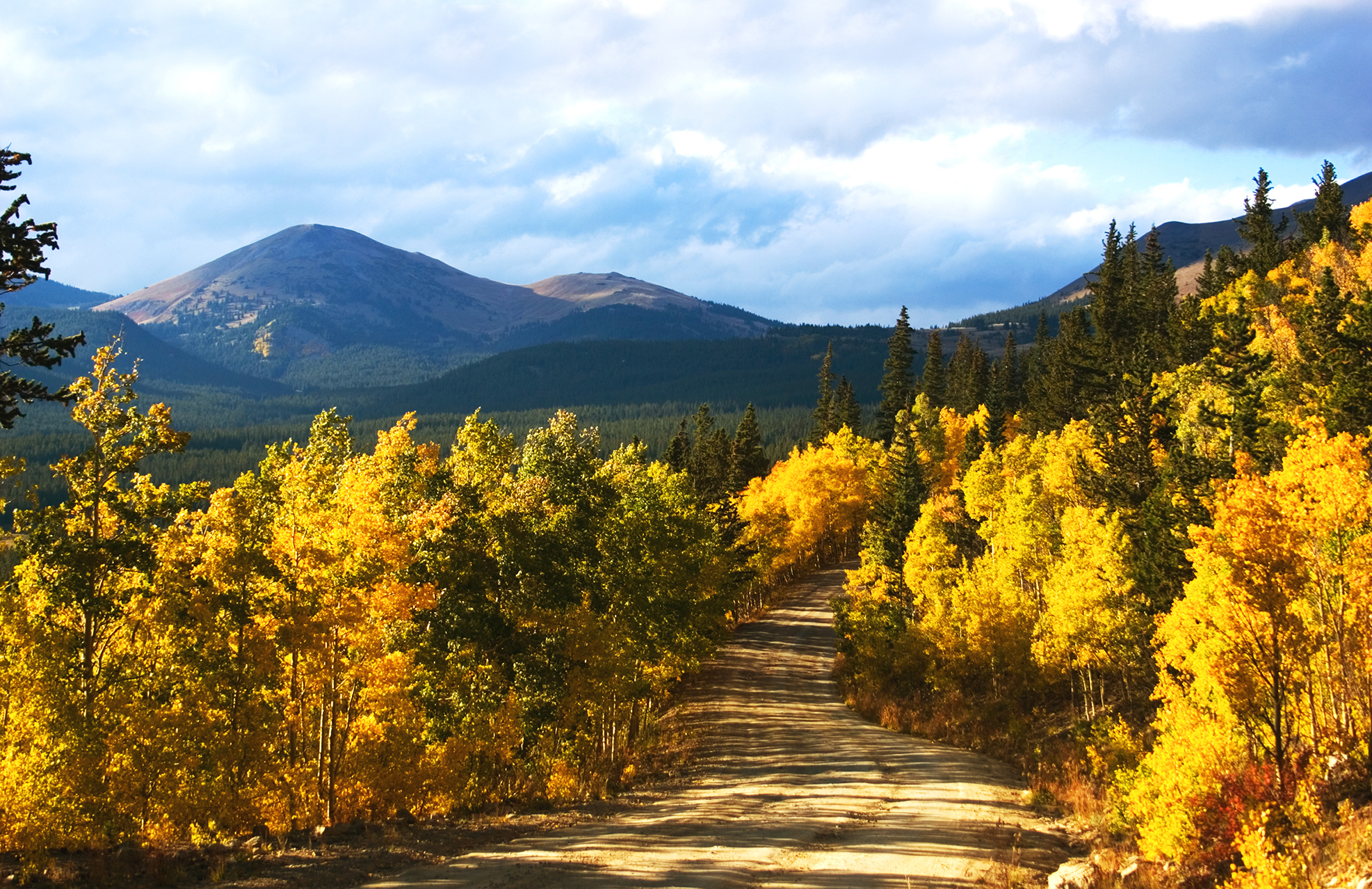
The Best Mountain Vacation Adventures
Trade stifling city summers for fresh air in America’s best mountain destinations. Whether you visit California’s cerulean waters at Lake Tahoe, the storied mining town of Utah’s Park City, or the high altitudes of Vail and Breckenridge in Colorado, there…
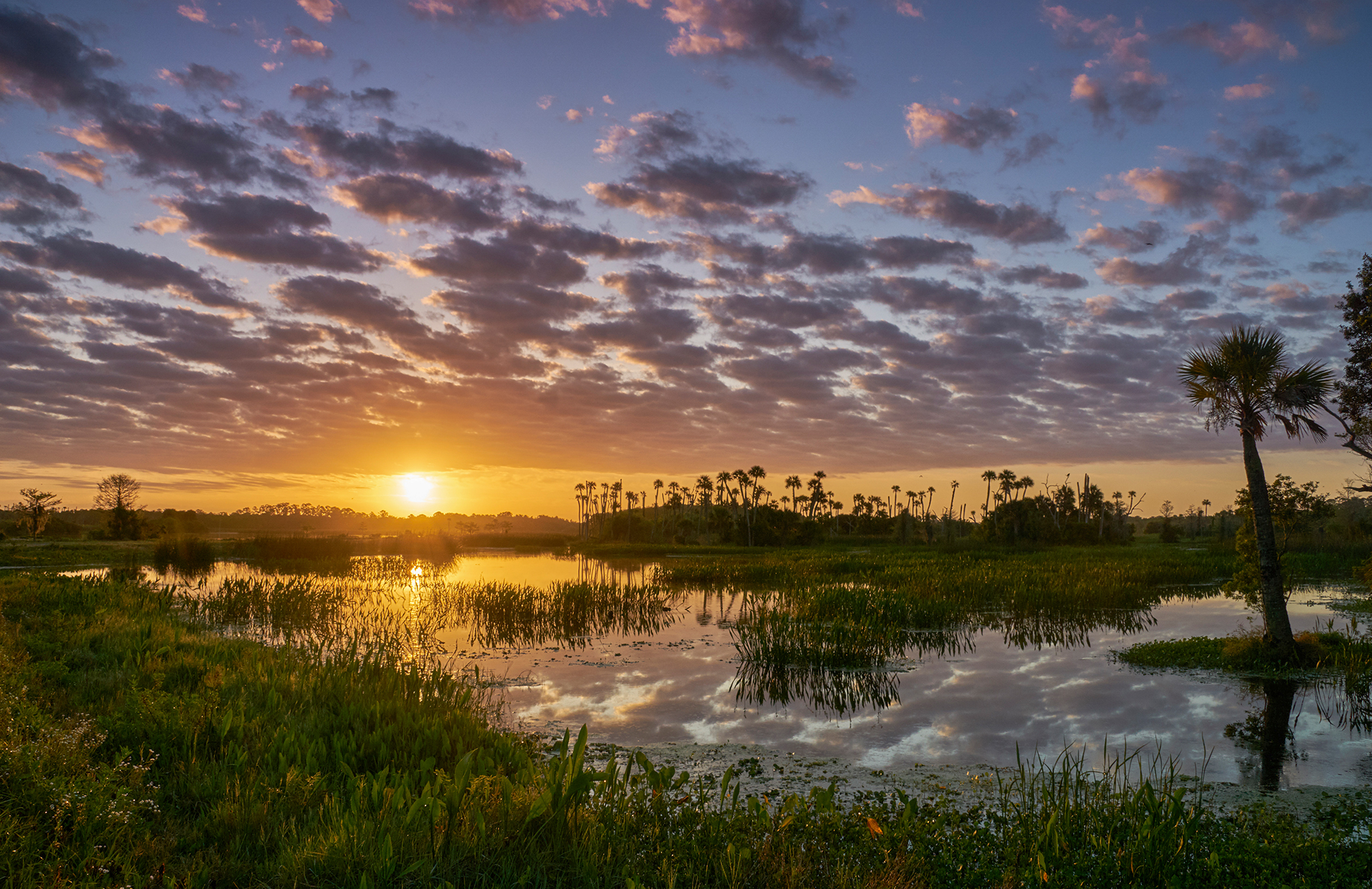
Get to Know Wildlife at an Orlando Safari
Do you want the thrill of an African safari but prefer chasing warthogs and zebras with a camera closer to home? Consider Orlando. You’ll find authentic safari experiences within easy driving distance of Central Florida’s seven Marriott Vacation Club® resorts…
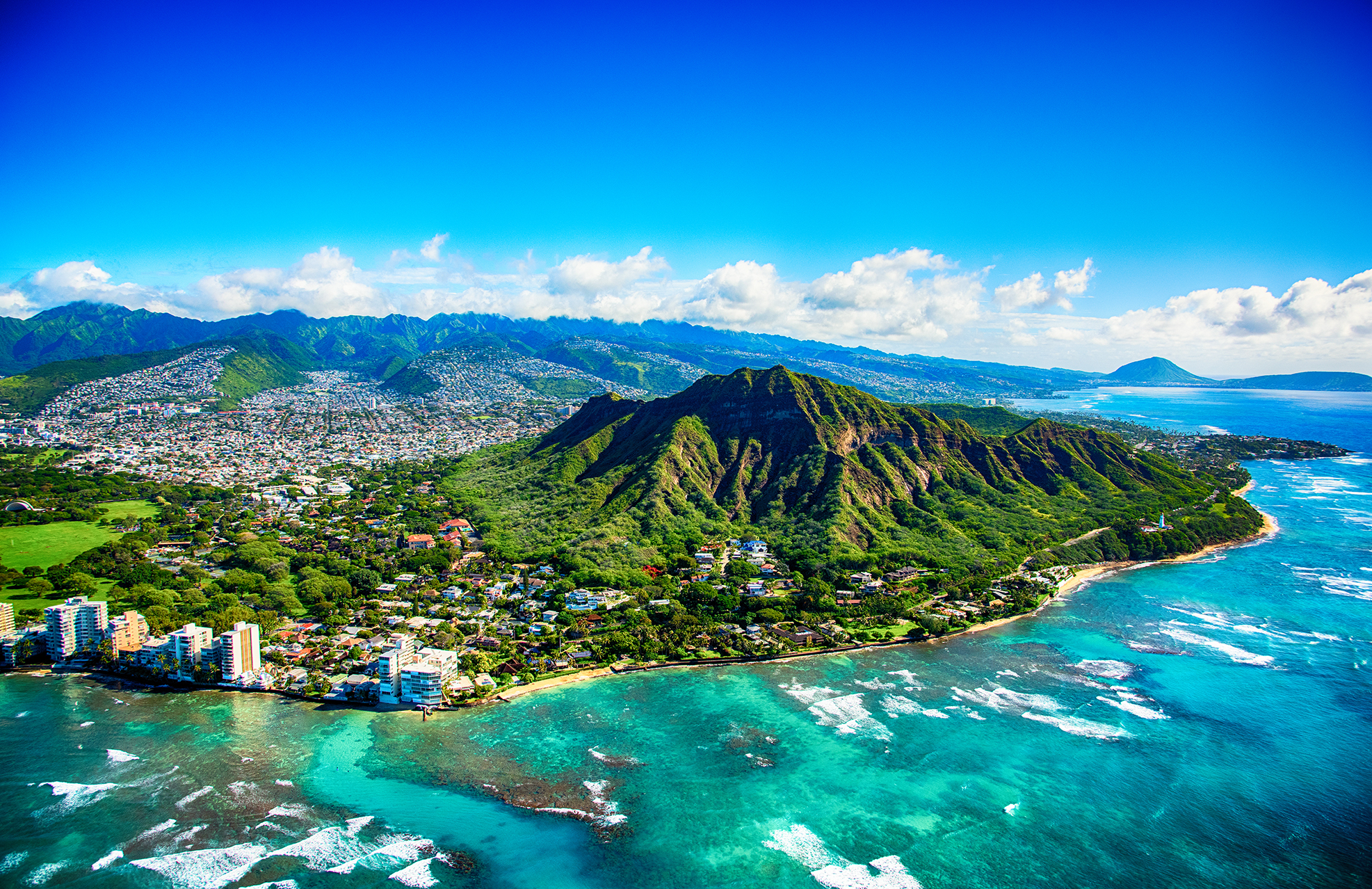
Your O‘ahu Itinerary
Home to Honolulu, O‘ahu offers picturesque beaches, dining, and entertainment amid a stunning Hawaiian landscape. If your stay finds you at Marriott’s Ko Olina Beach Club, you’ll enjoy oceanfront dining, outdoor pools, and a turquoise lagoon — as well as…
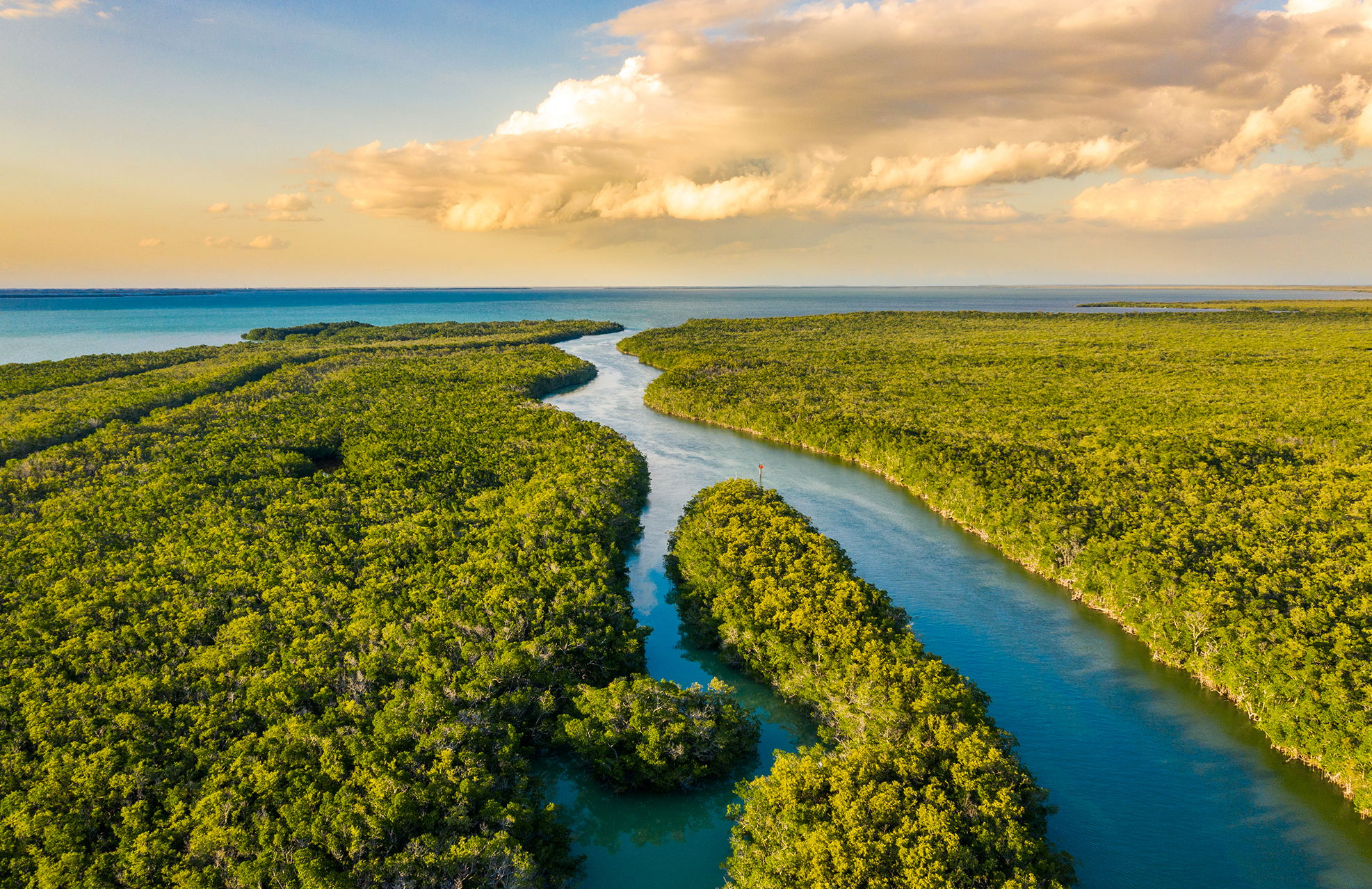
Visit The Florida Everglades and Explore by Foot, Bike or Boat
One of the most unique and engaging ecosystems in the world, Florida’s Everglades National Park (ENP) spans 1.5 million acres and three counties — Miami-Dade, Monroe, and Collier. Established in 1947, the Everglades’ nine distinct habitats house everything from manatees,…
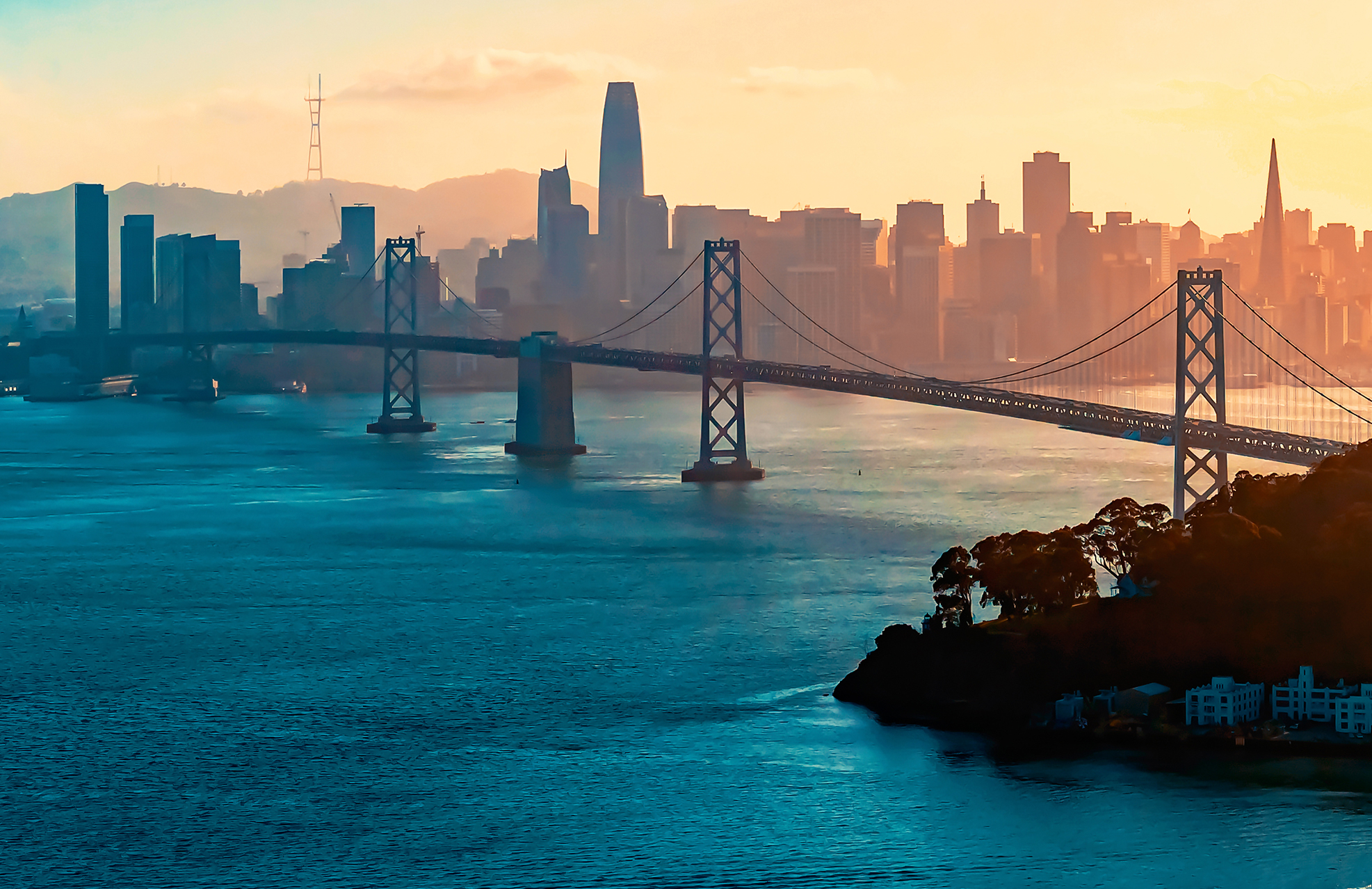
Day Trips to Take and Things to Do in San Francisco
Famous for its cable cars, bustling waterfront, and celebrated food and arts scenes, San Francisco offers a memorable vacation. But outdoor adventure is another San Francisco claim to fame, so pack a jacket for the unpredictable weather and get ready…
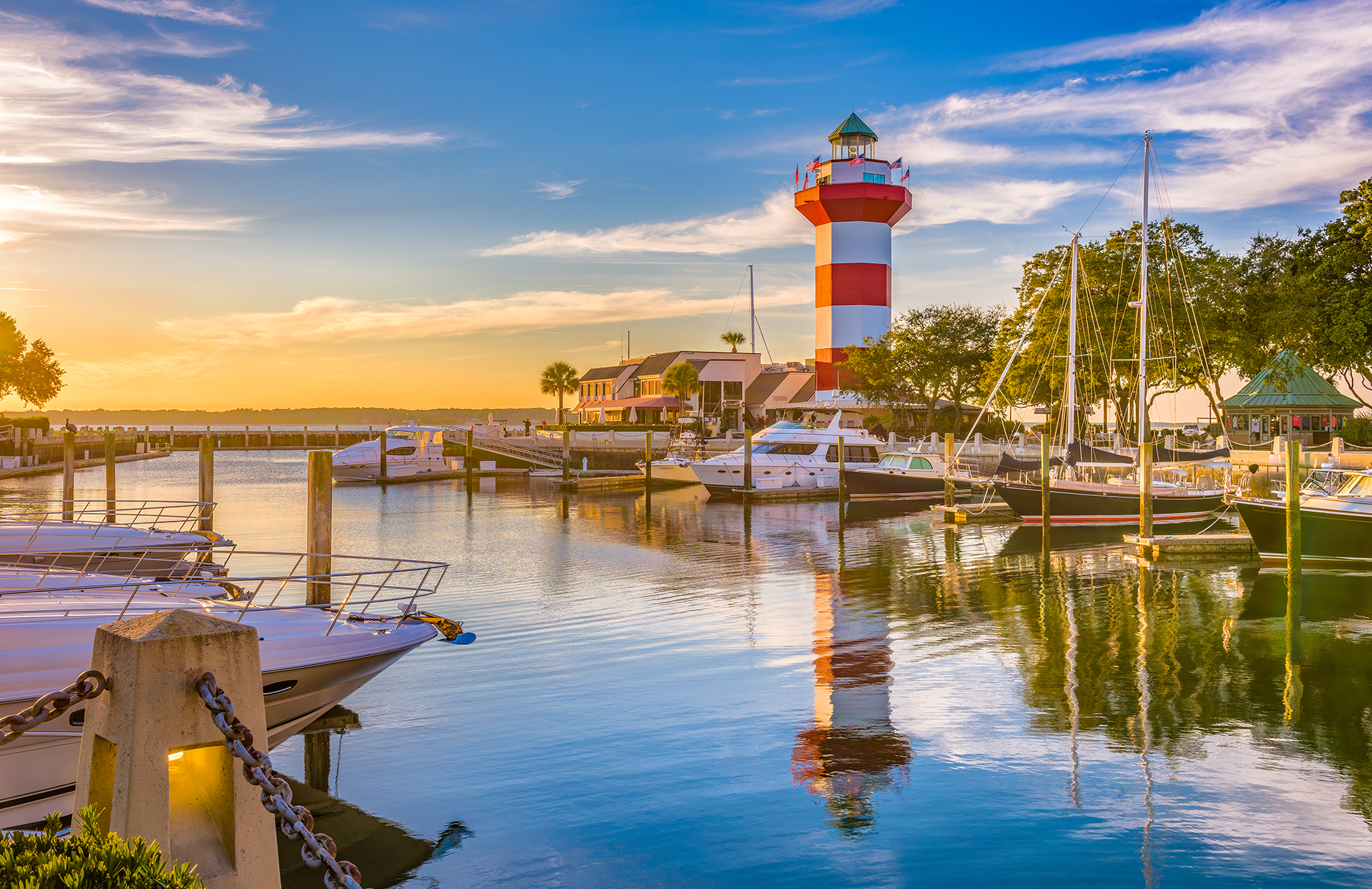
Explore Hilton Head Island with Outdoor Activities in Nature
If you crave sunset strolls on the beach, bike rides along the shore, and trails lined with Spanish-moss tree canopies, a Hilton Head Island vacation may suit you. The island was ranked No. 3 for Best Island in the Continental U.S….
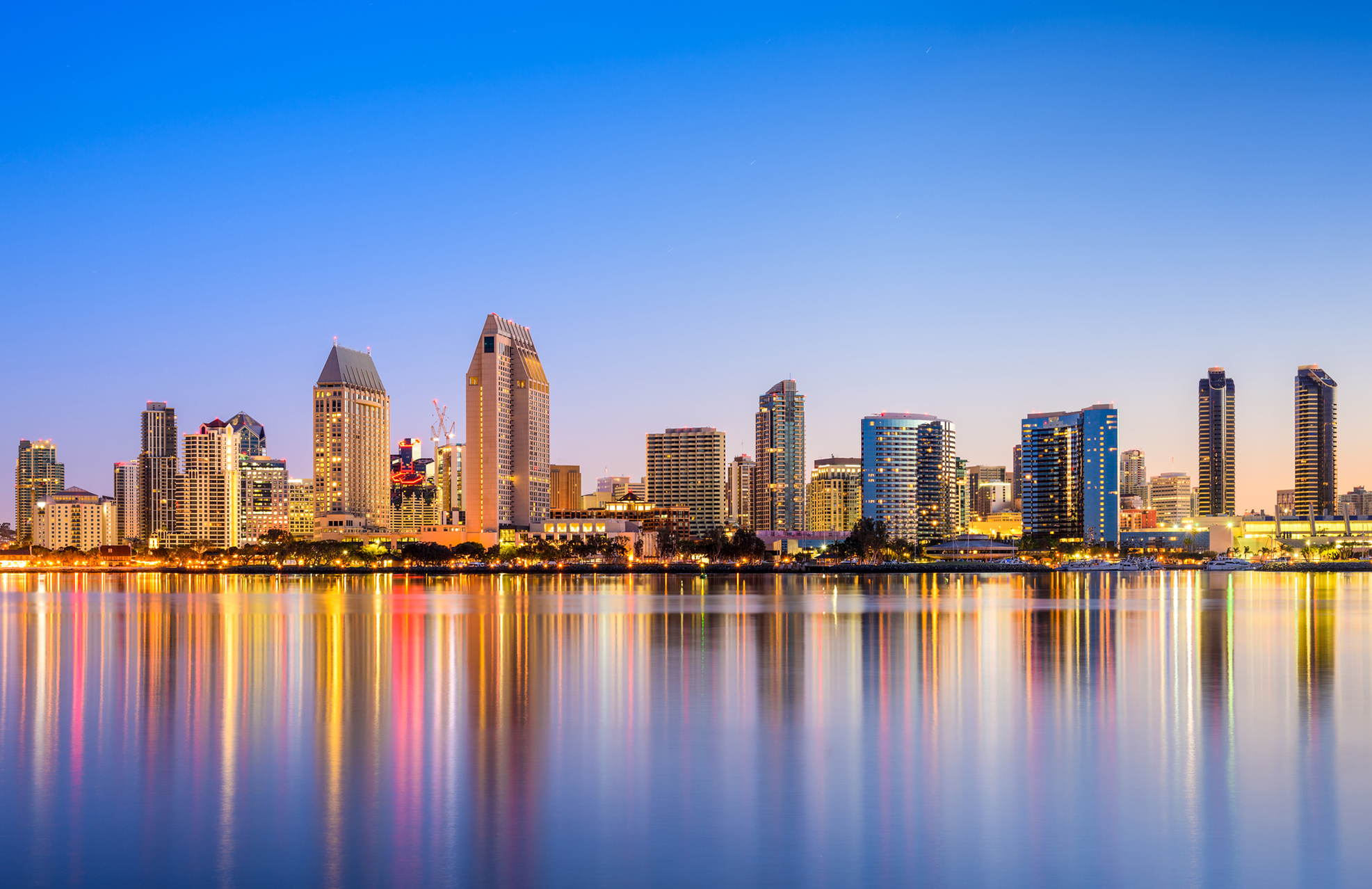
Your San Diego Itinerary
See San Diego in 3 Days San Diego reinvents the city vacation. Instead of the tall buildings and bustling sidewalks that come to mind when imagining a metropolitan area, you’ll discover beaches, coves, sunset cruises, cultural meccas, and ships dating…
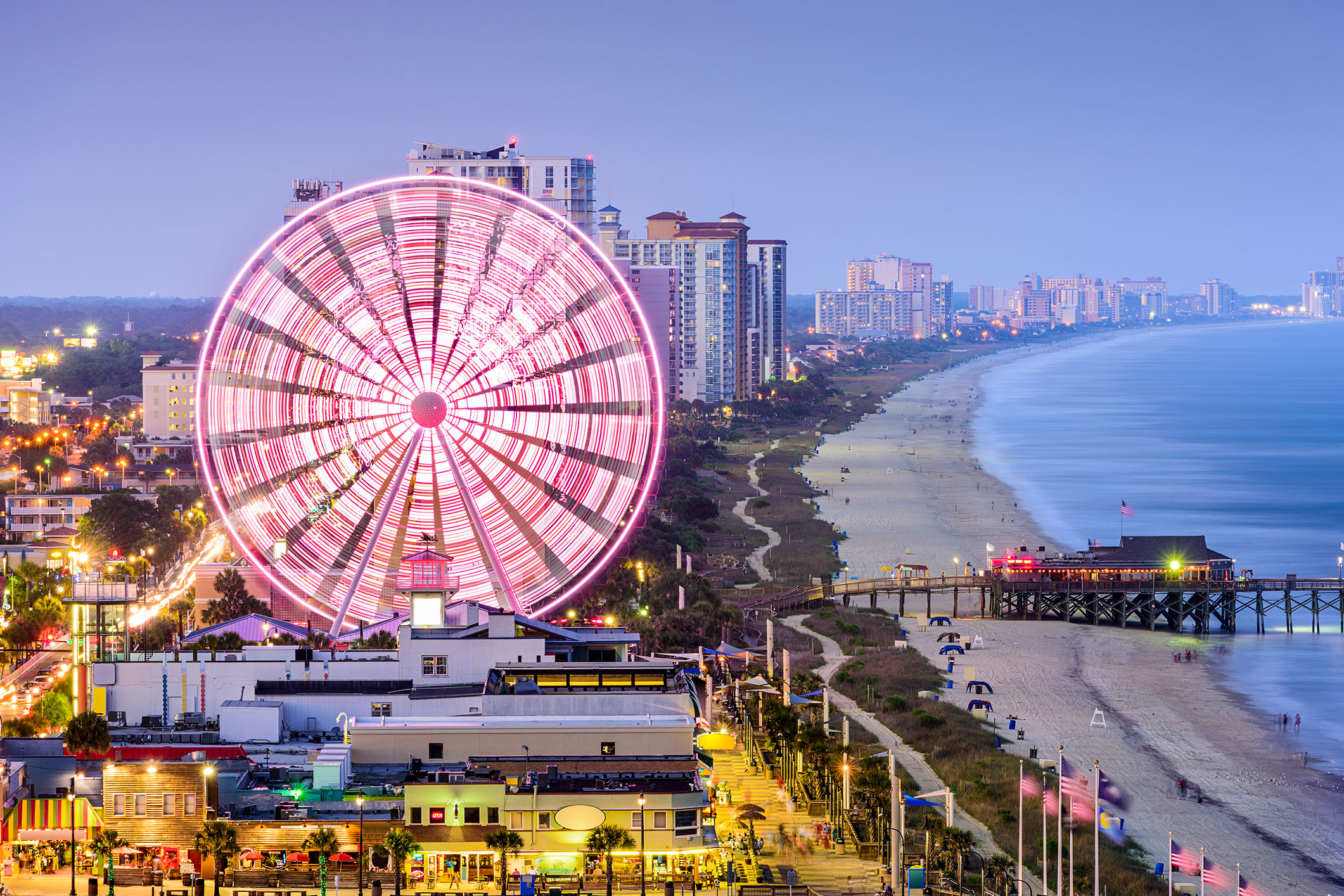
Myrtle Beach Promises Family Fun with The Kids
Does your ideal family vacation include enjoying an ice cream cone on the boardwalk? Would your family consider shark teeth a treasure worth digging for? Do you like to play a themed game of miniature golf? Head to Myrtle Beach,…

Day Trips from Phoenix
When you reserve a stay at Marriott’s Canyon Villas, you can expect an escape filled with restoration and relaxation in the Sonoran Desert. Spend the day under the sun in shimmering resort pools, or head to the Wildfire Golf Club…
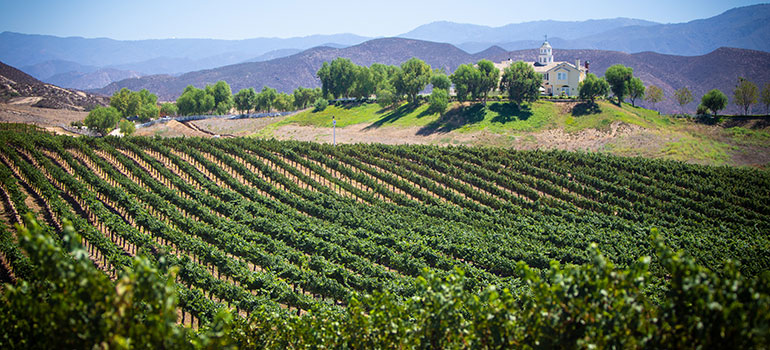
Discover Southern California’s Vineyards with a Temecula Wine Tasting
For much of my life as a wine-sipping adult, I assumed vineyards in California were synonymous with the area north of San Francisco in Napa Valley and Sonoma. That all changed, however, with a road trip to Palm Springs. As…
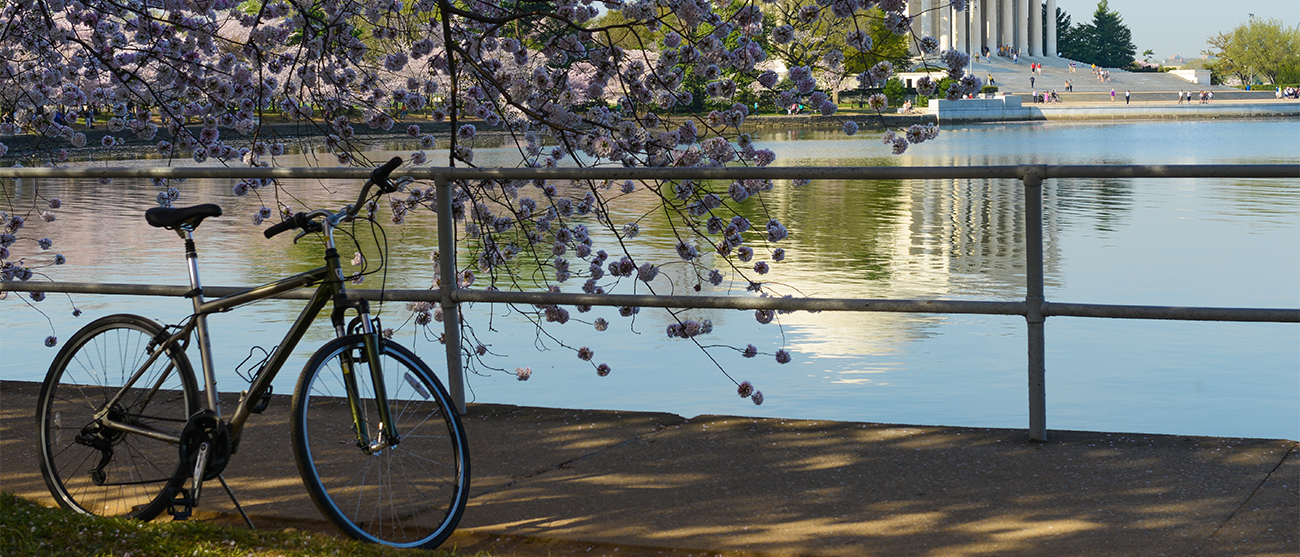
See Everything There Is to Do in Washington, D.C. by Bike
Memorials, monuments, malls and more: discover this fun way to see D.C.’s greatest hits with ease. Easier than walking, and less crowded than a tour bus, seeing Washington, D.C. saddled up on a bicycle tour is gaining popularity as an…
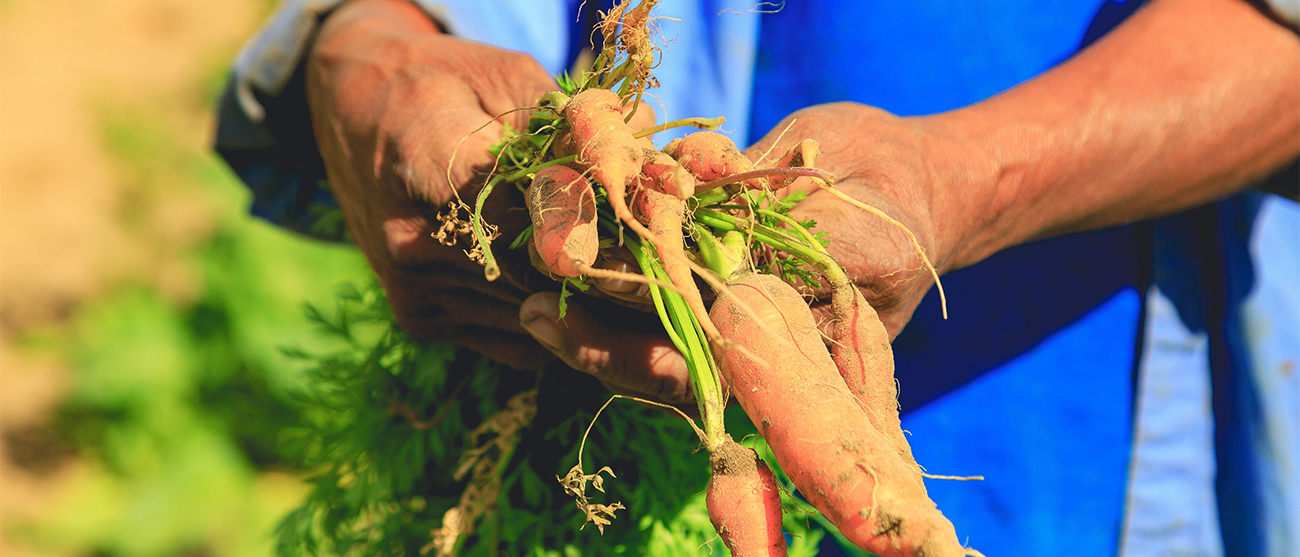
Farm-to-Table Vacation Moments: Cooking Classes & Picking Your Produce
These fresh farm-to-table destinations near your resort are much more than just an unforgettable meal. Mexico Los Cabos Amidst fertile farmlands, and a short drive from The Westin Los Cabos Resort Villas & Spa, Los Tamarindos organic farm and restaurant…
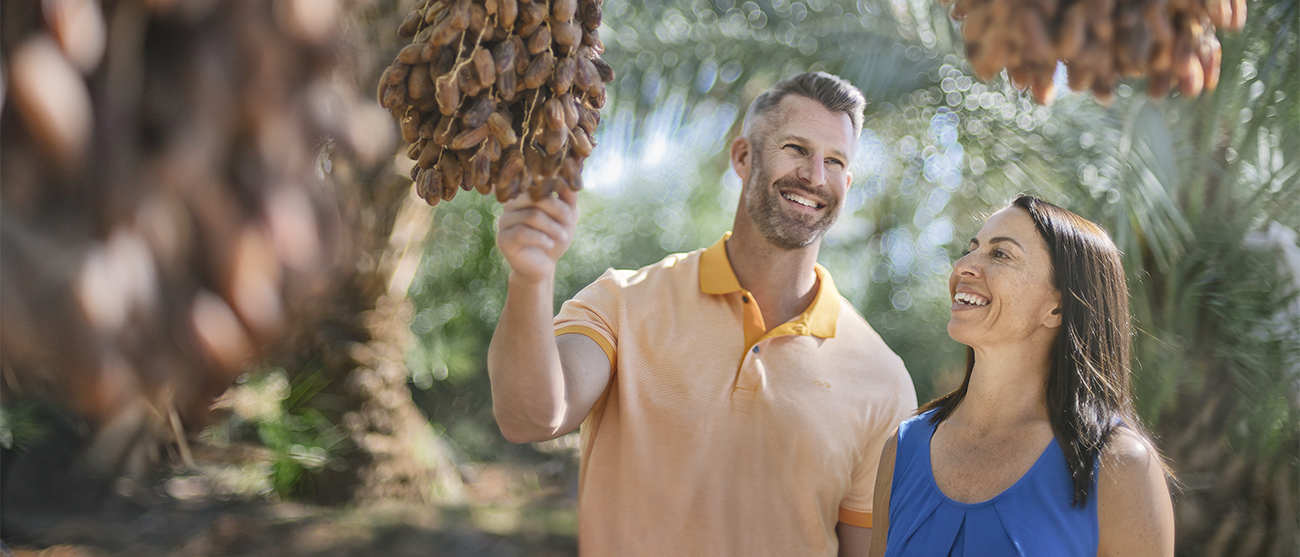
Plan Your Shields Date Garden Day Trip
Explore this classic Southern California destination. A visit to Shields Date Garden makes for a delicious day trip when staying at The Westin Mission Hills Resort Villas, Palm Springs, The Westin Desert Willow Villas, Palm Desert, Marriott's Shadow Ridge, or…


